News
-
 Engineering regional opportunities with Jo Sainsbury from Arup
Engineering regional opportunities with Jo Sainsbury from Arup -
 Socius team gears up for the London Marathon to support cancer research
Socius team gears up for the London Marathon to support cancer research -
 Socius welcomes Katrina to the team!
Socius welcomes Katrina to the team! -
 Healthy planet, healthy places, healthy people writes Juliette Morgan
Healthy planet, healthy places, healthy people writes Juliette Morgan -
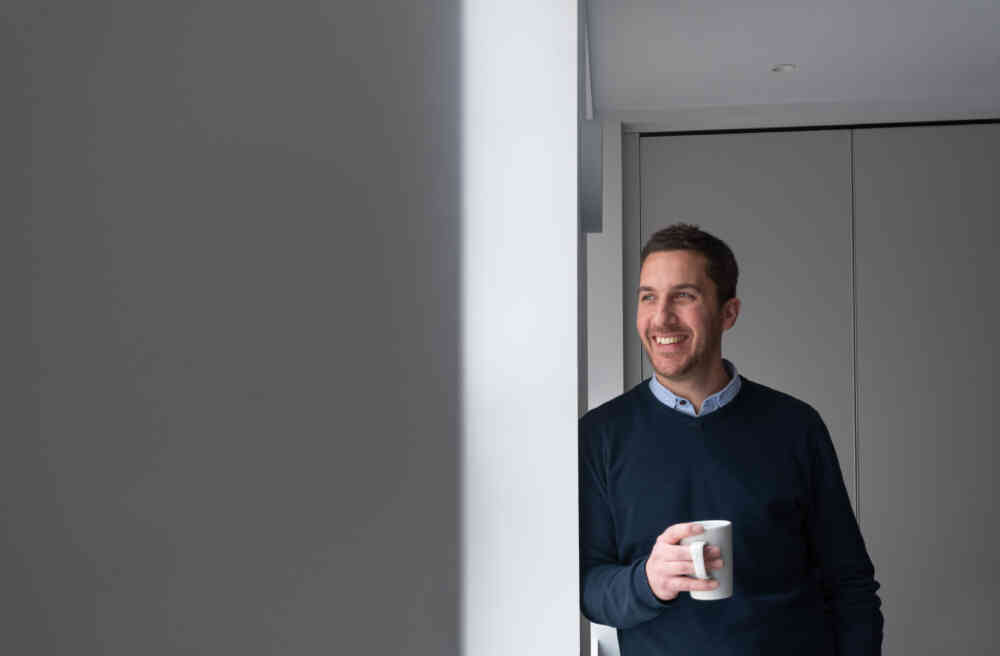 Collaboration achieves better outcomes
Collaboration achieves better outcomes -
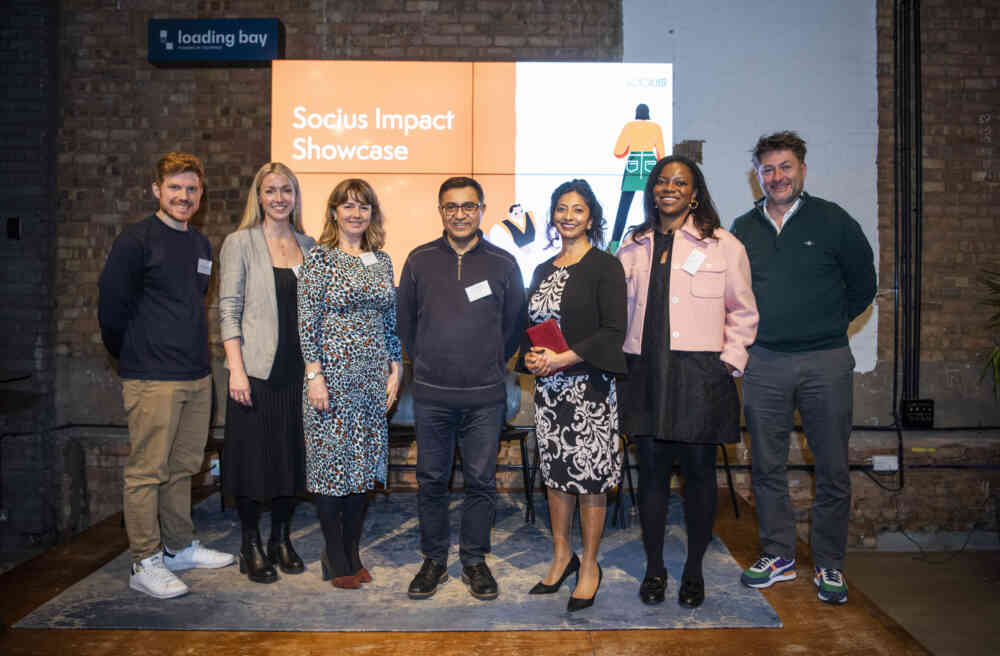 The Power of Partnerships
The Power of Partnerships -
 Daniel May reflects on his time at MIPIM
Daniel May reflects on his time at MIPIM -
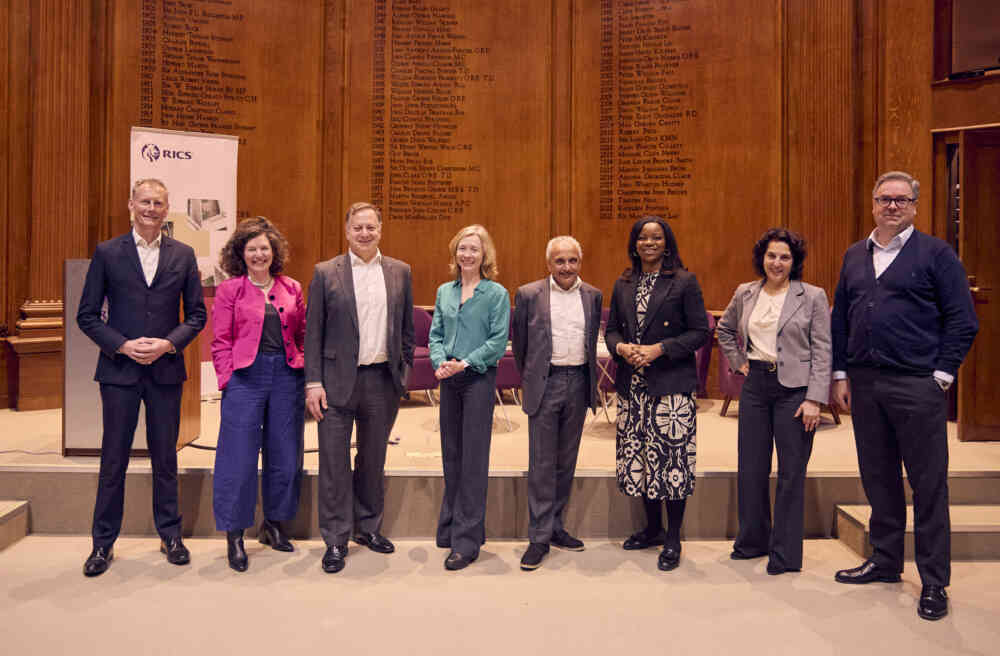 The future of Retrofit
The future of Retrofit -
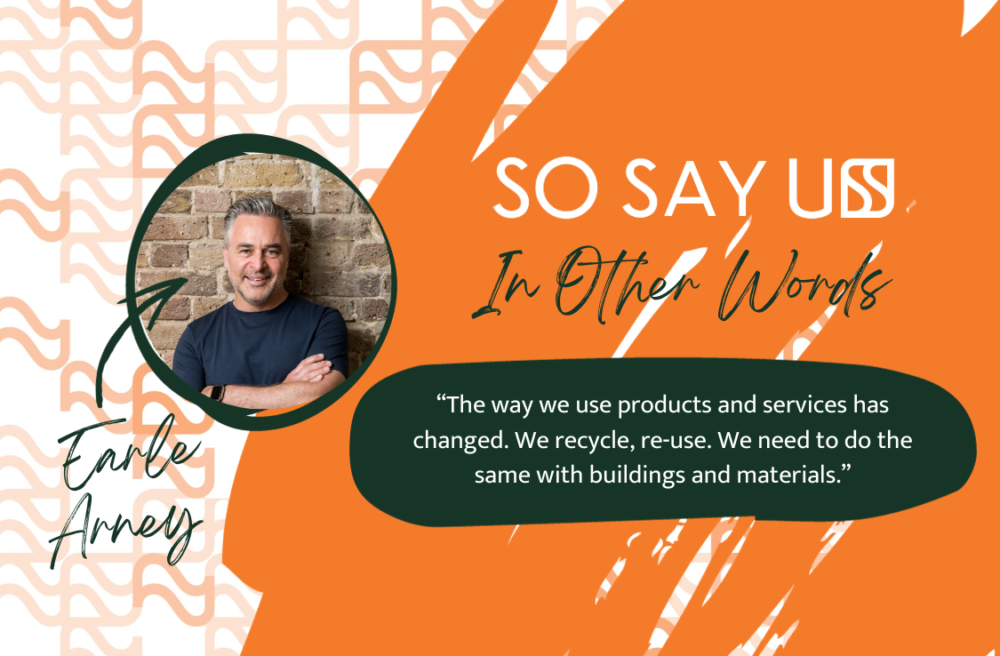 Cities need new buildings, argues Earle Arney
Cities need new buildings, argues Earle Arney -
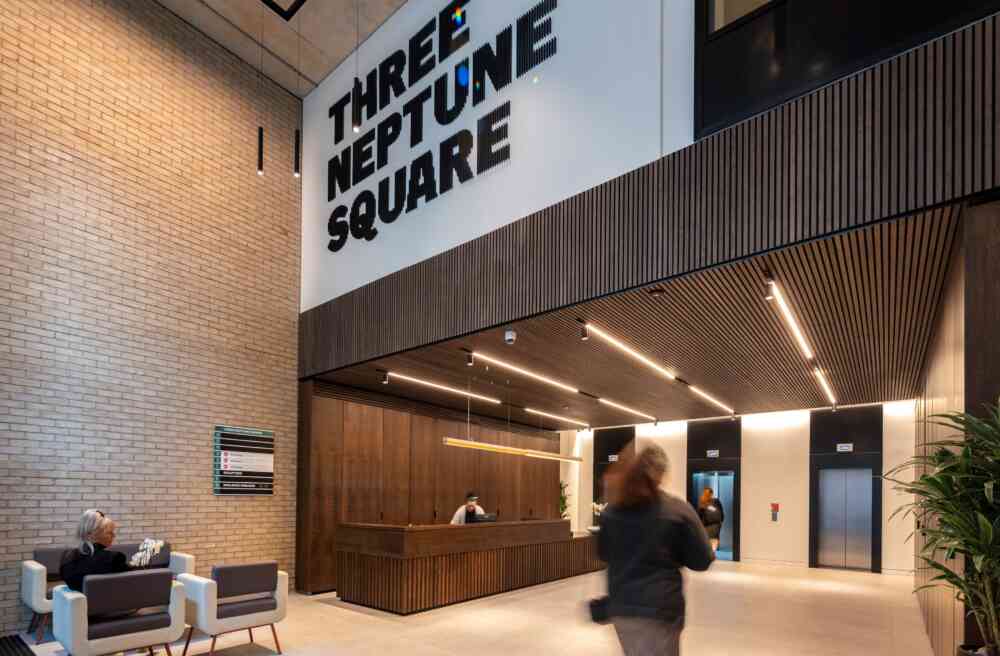 Edward Street Quarter featured in Property Week
Edward Street Quarter featured in Property Week -
 Socius Cancer Charity Challenge 2024
Socius Cancer Charity Challenge 2024 -
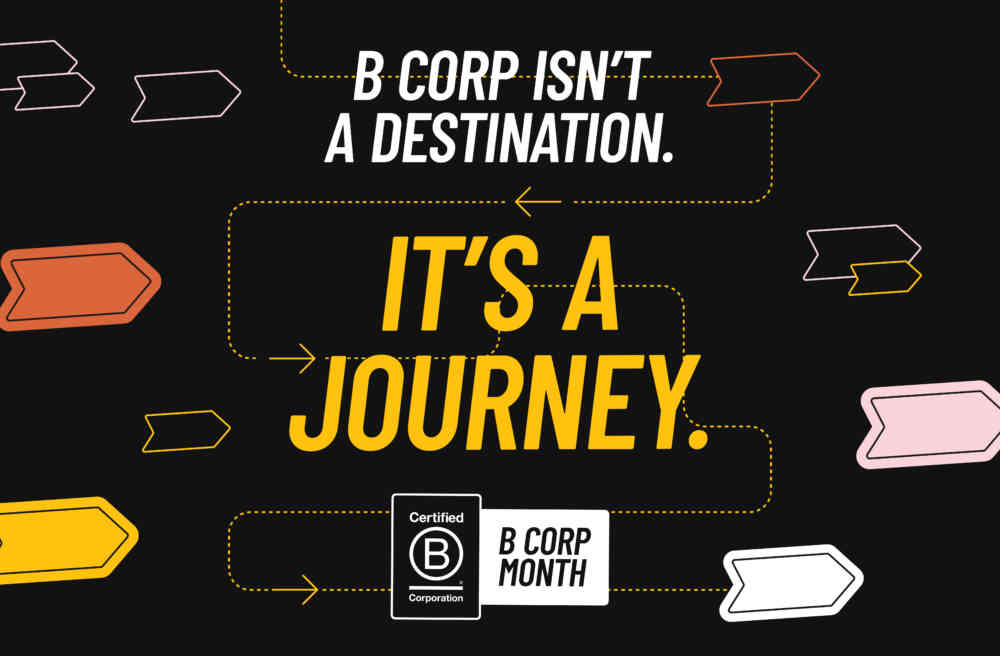 Our B Corp Journey
Our B Corp Journey -
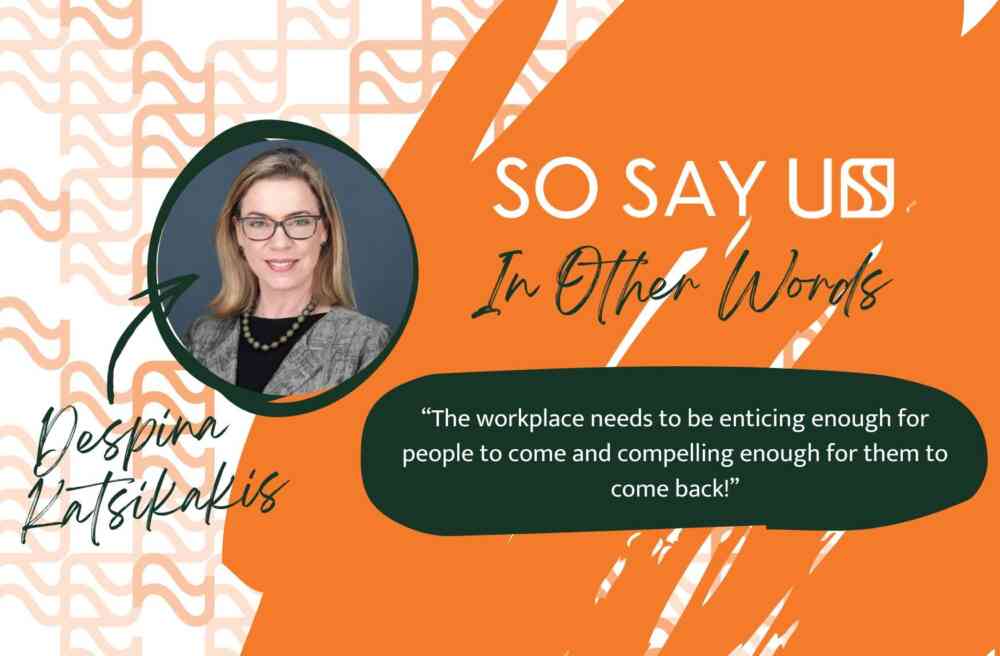 Workplaces should resonate with our humanity argues Despina Katsikakis
Workplaces should resonate with our humanity argues Despina Katsikakis -
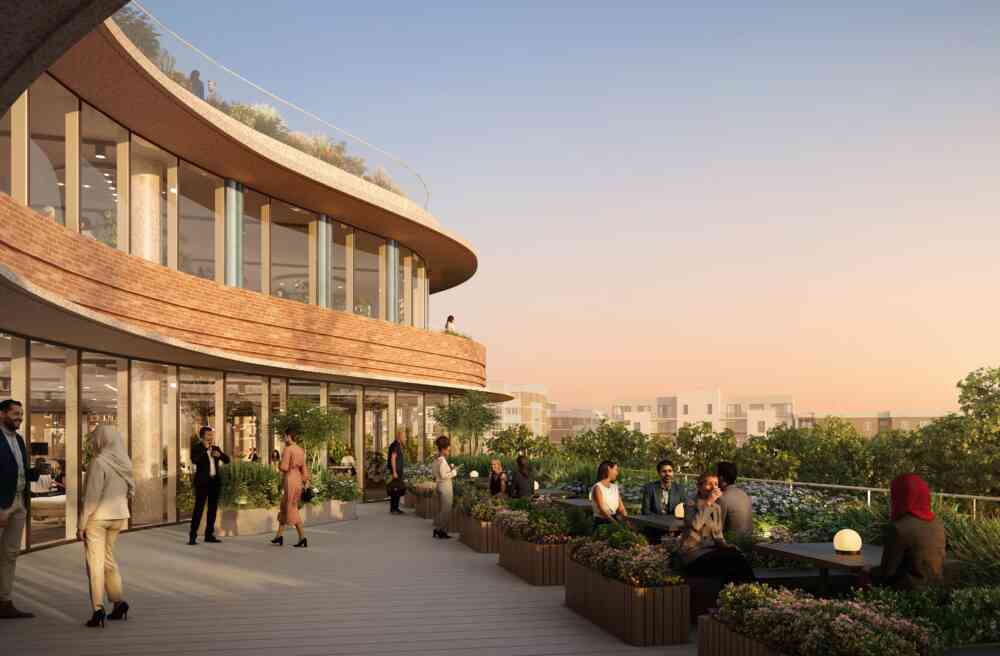 Contractors appointed for Cambridge developments
Contractors appointed for Cambridge developments -
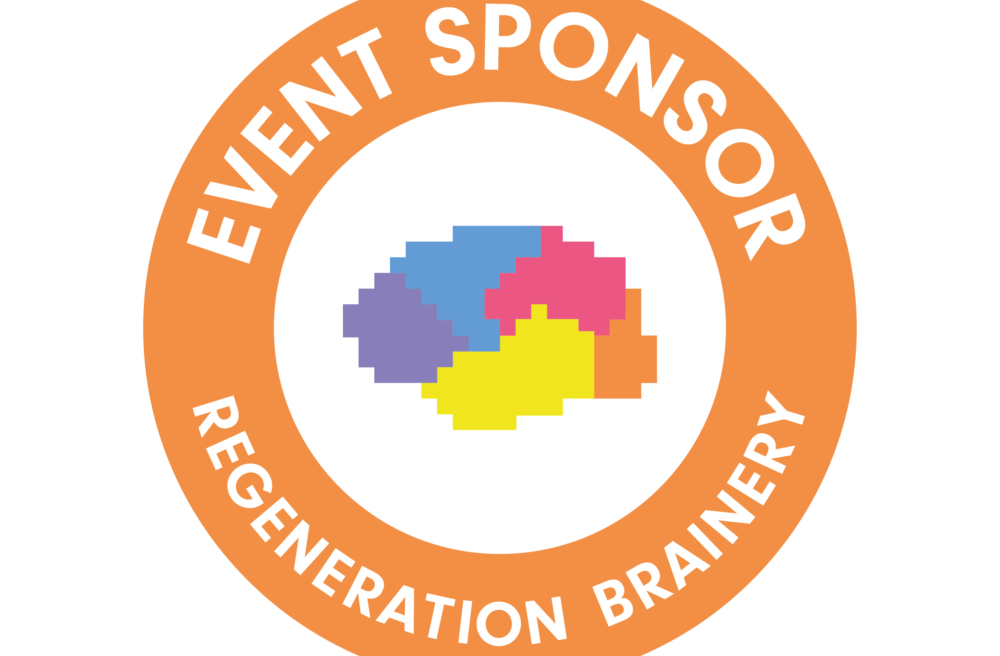 We’re proud to partner with Regeneration Brainery at UKREiiF 2024
We’re proud to partner with Regeneration Brainery at UKREiiF 2024 -
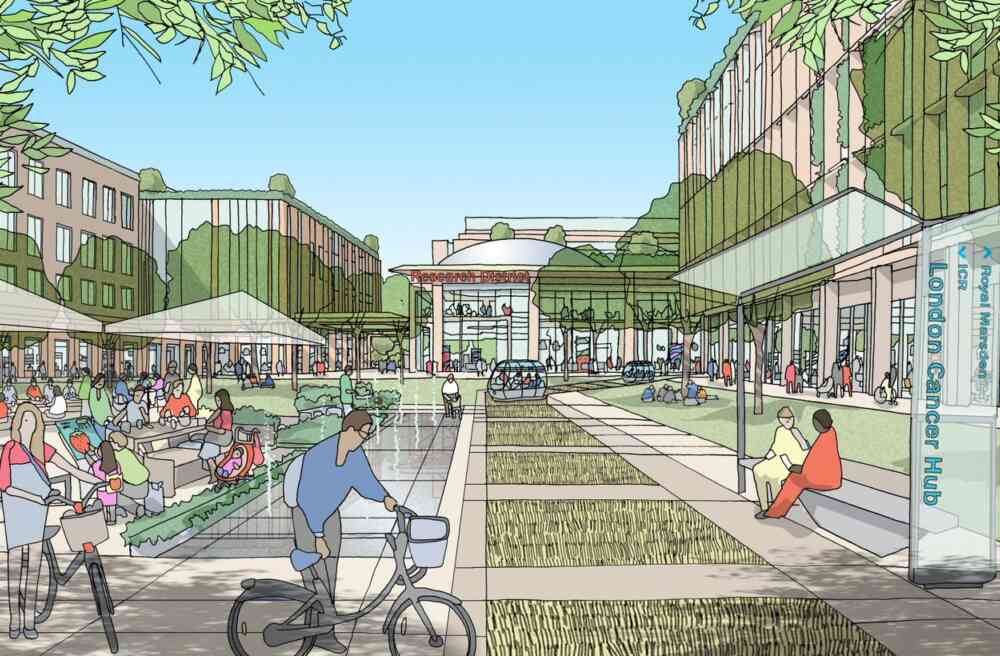 Investing in Social Impact
Investing in Social Impact -
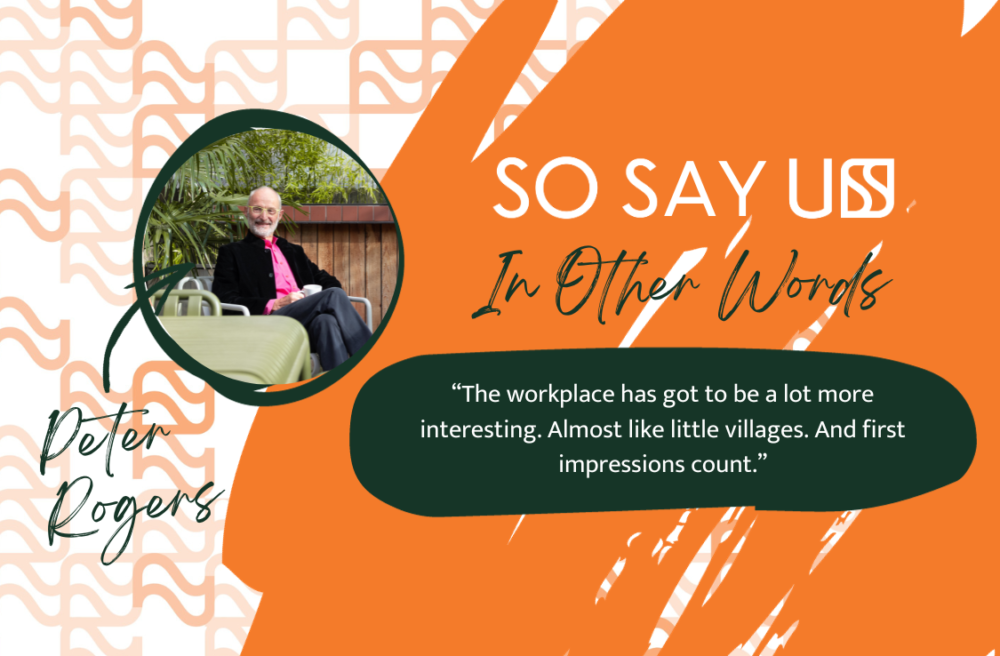 Problem solving gives you an edge, says Peter Rogers
Problem solving gives you an edge, says Peter Rogers -
 Dreamball Draw winners experience magical Lapland!
Dreamball Draw winners experience magical Lapland! -
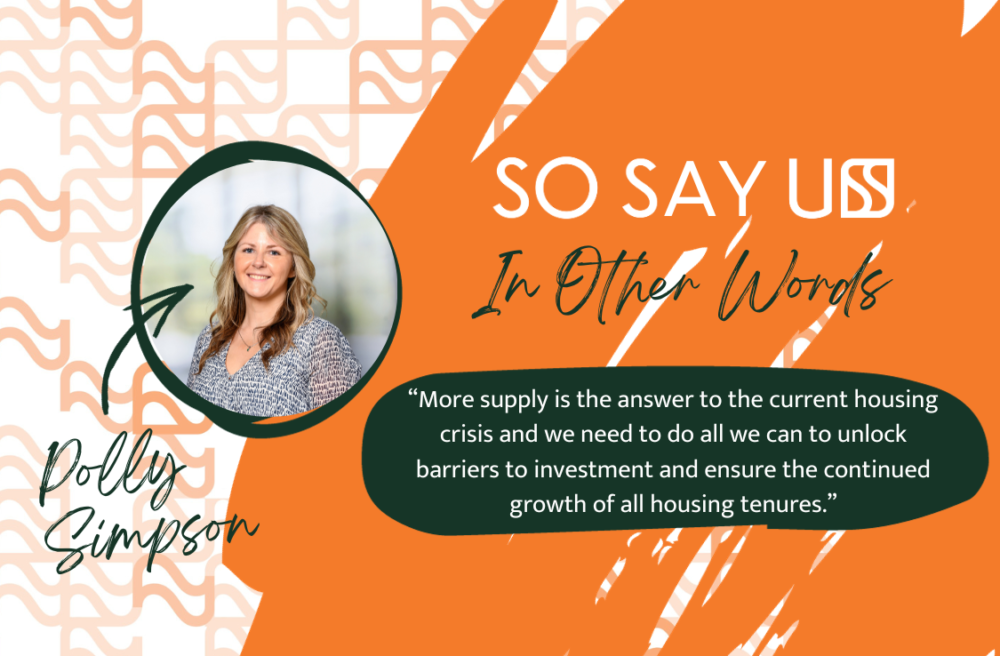 Build To Rent – means better homes argues Polly Simpson
Build To Rent – means better homes argues Polly Simpson -
 Socius & Aviva to deliver world leading cancer and research district
Socius & Aviva to deliver world leading cancer and research district -
 Looking forward to a great 2024
Looking forward to a great 2024 -
 Urban theatre with Simon Allford
Urban theatre with Simon Allford -
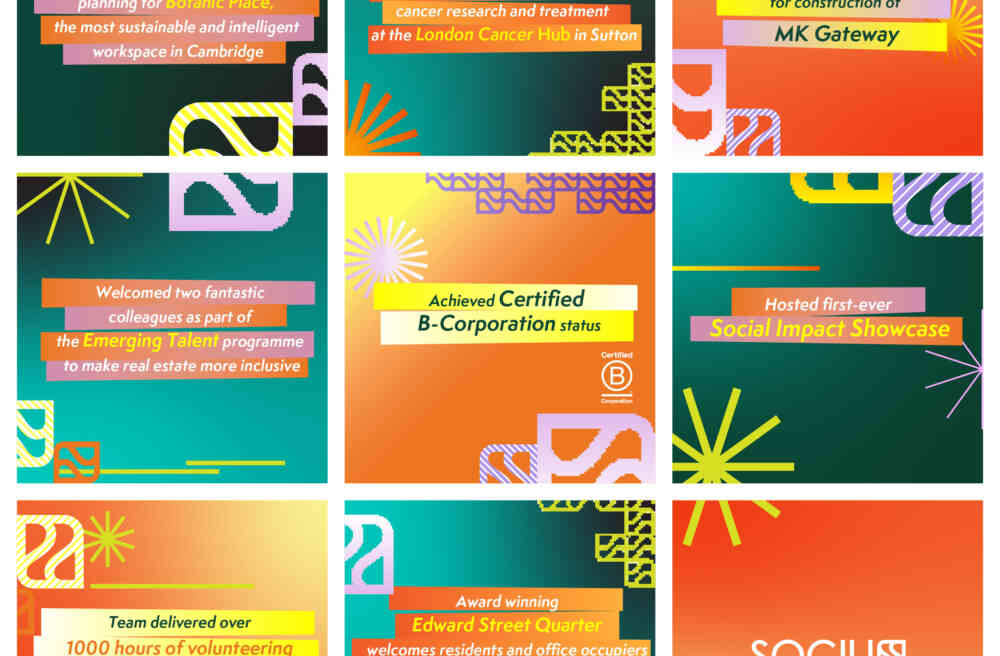 2023 unwrapped: a year of highlights, triumphs and milestones
2023 unwrapped: a year of highlights, triumphs and milestones -
 DEI in the real estate industry
DEI in the real estate industry -
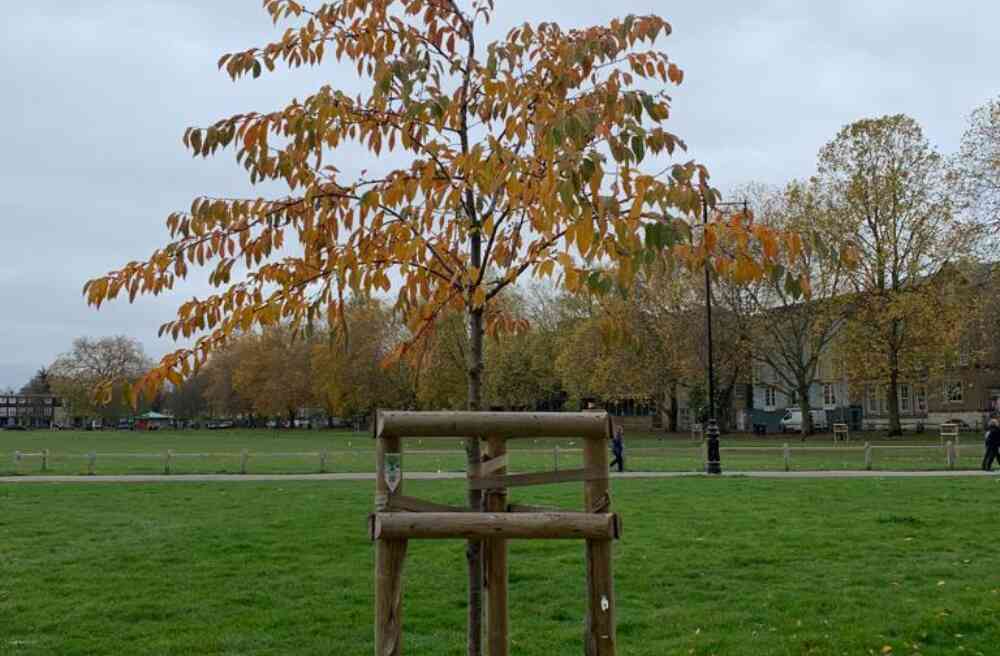 National Tree Week: Tree Donations at Parker’s Piece
National Tree Week: Tree Donations at Parker’s Piece -
 Socius celebrates formation day on Giving Tuesday
Socius celebrates formation day on Giving Tuesday -
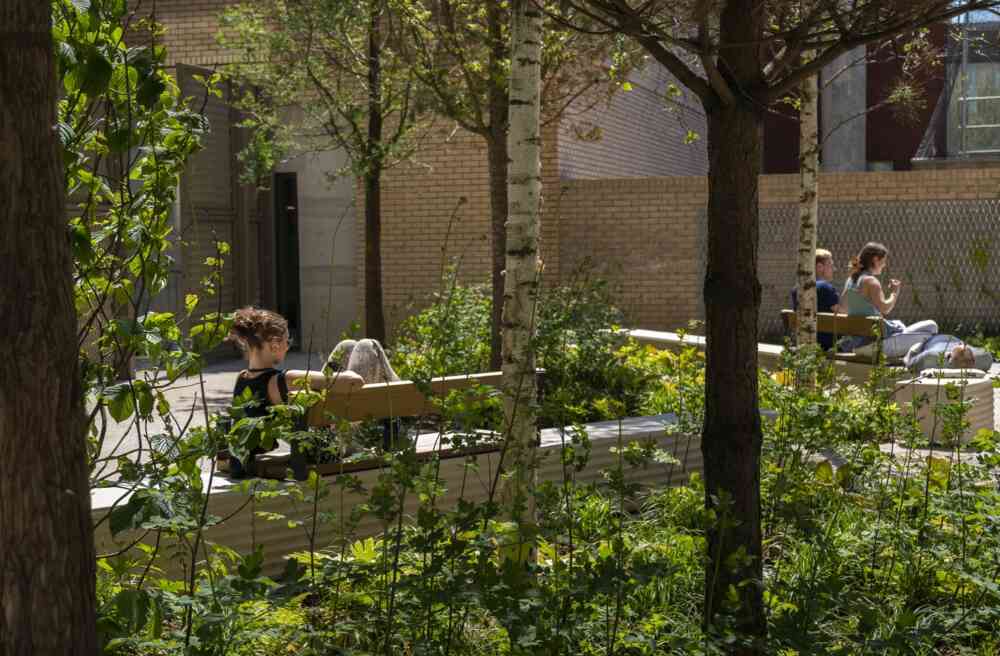 Let’s talk about the value of trees
Let’s talk about the value of trees -
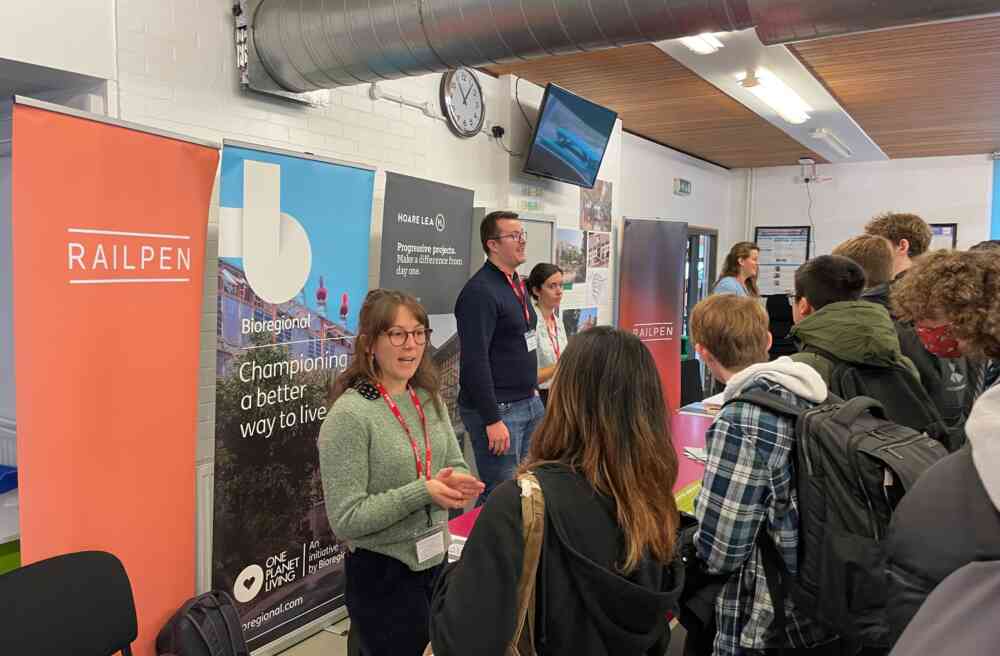 Cambridge project partners showcase sustainable careers at ‘Green Skills Fair’
Cambridge project partners showcase sustainable careers at ‘Green Skills Fair’ -
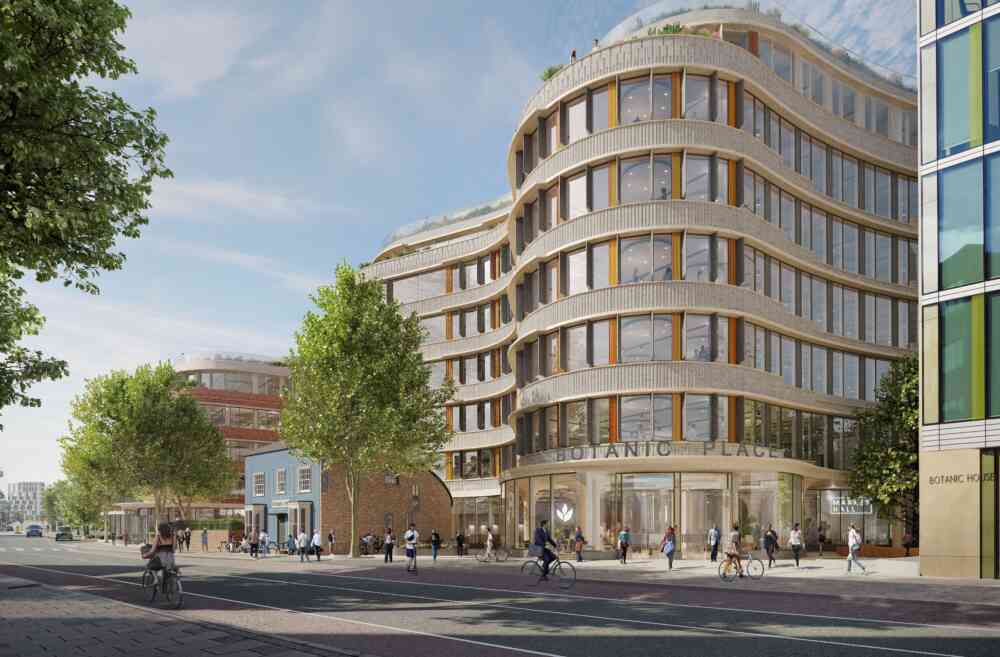 Plans for sustainable and intelligent workspace in Cambridge approved by City Council
Plans for sustainable and intelligent workspace in Cambridge approved by City Council -
 Socius celebrates second successful Emerging Talent placement
Socius celebrates second successful Emerging Talent placement -
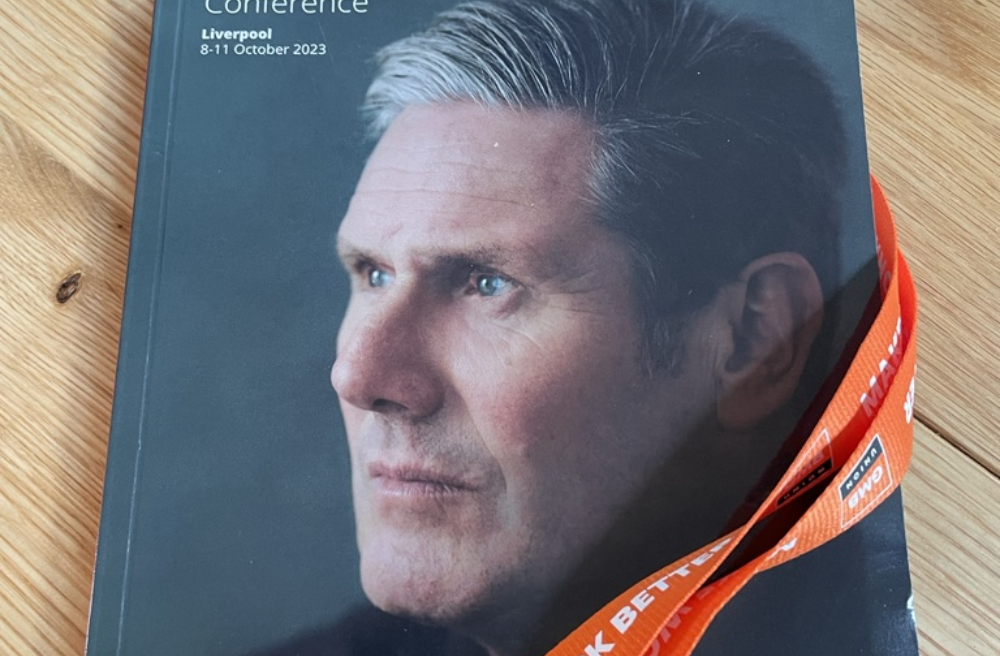 "Are you a YIMBY?", "Yes".
"Are you a YIMBY?", "Yes". -
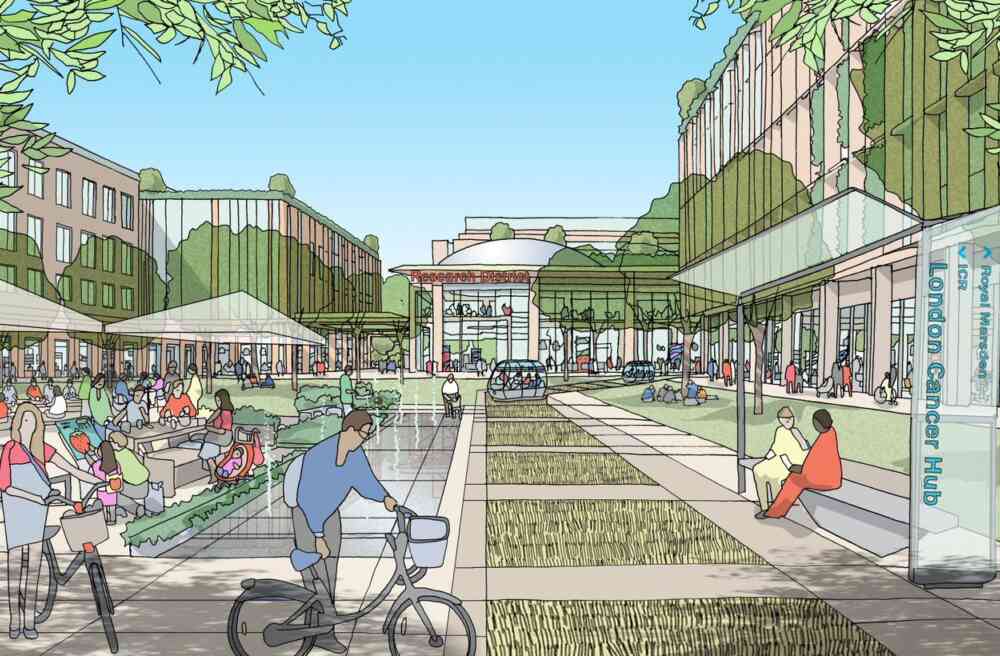 Aviva and Socius announce plans for world leading cancer research district in Sutton
Aviva and Socius announce plans for world leading cancer research district in Sutton -
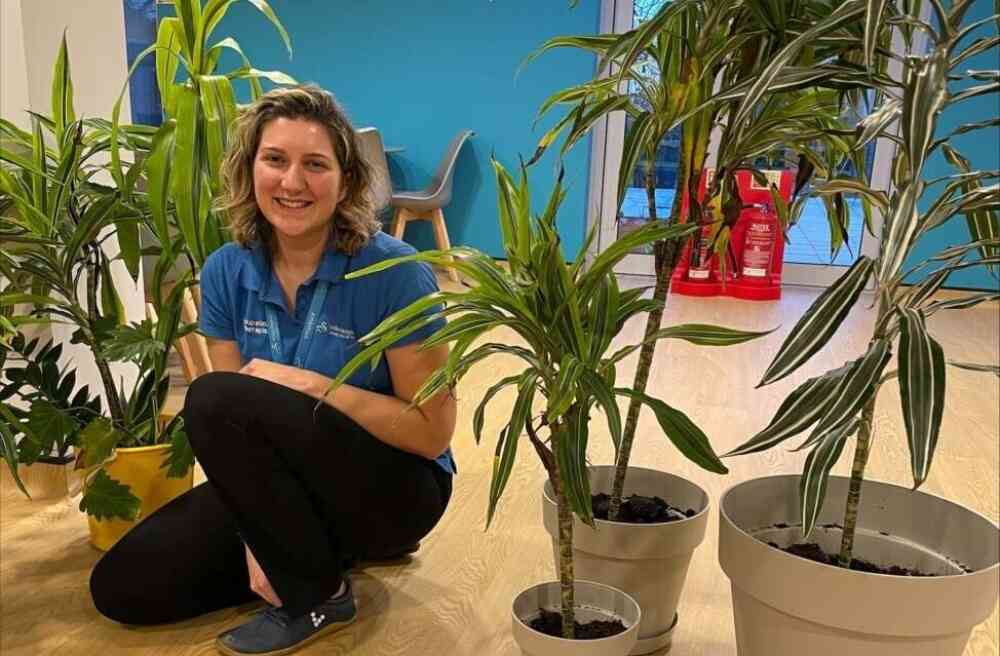 MK Gateway team saves 1,500 heritage plants
MK Gateway team saves 1,500 heritage plants -
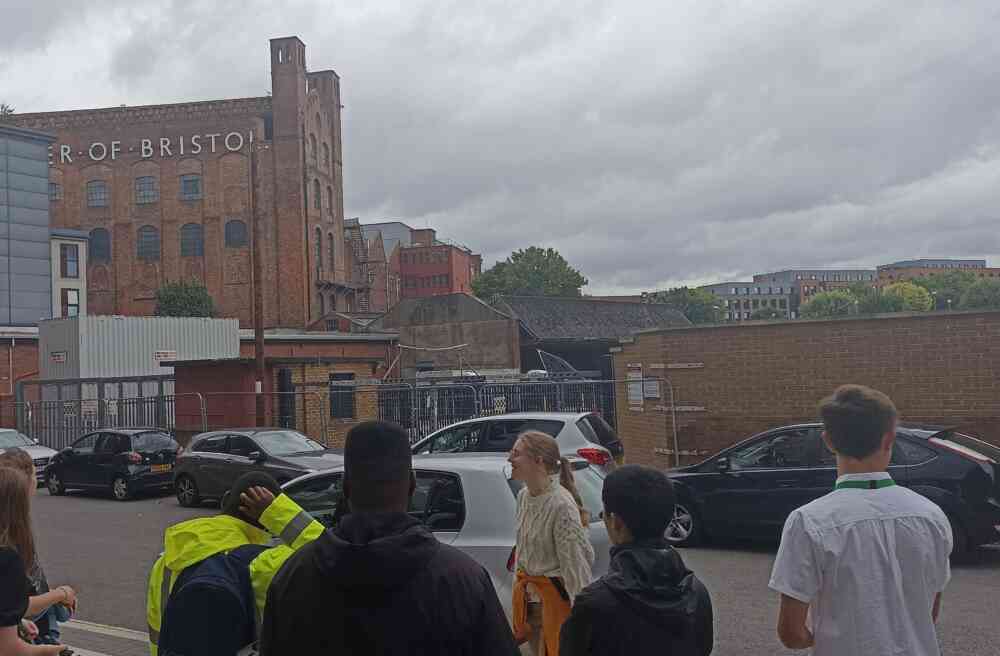 Soapworks supports project partner, Arup to deliver Social Value
Soapworks supports project partner, Arup to deliver Social Value -
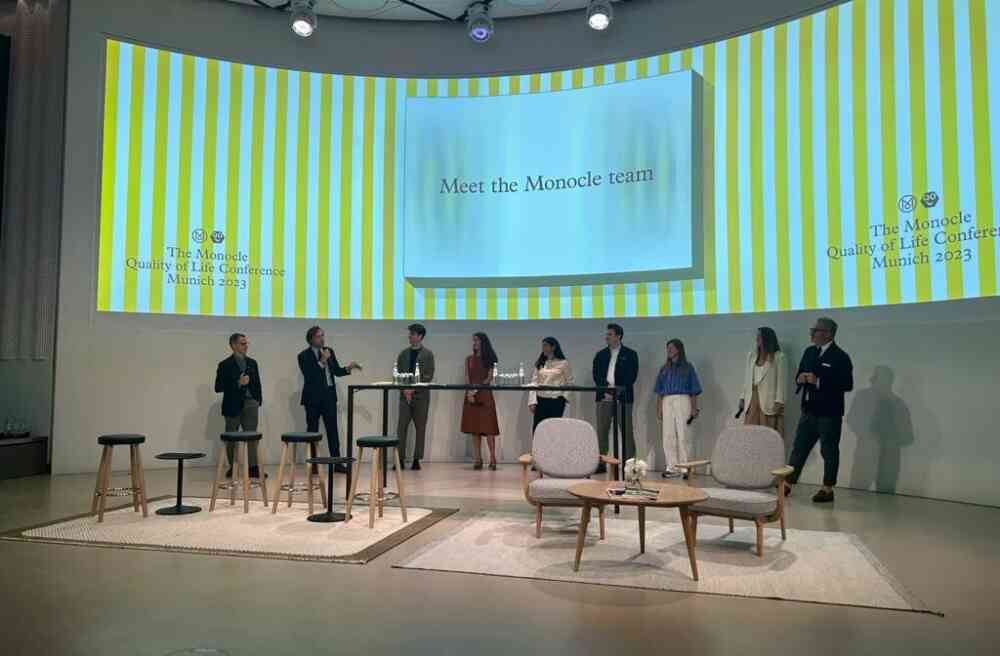 Opportunity knocks for Olaide at Monocle’s Quality of Life Conference
Opportunity knocks for Olaide at Monocle’s Quality of Life Conference -
 MD Barry Jessup on growing and nurturing ecosystems
MD Barry Jessup on growing and nurturing ecosystems -
 Partnership helps deliver shared Social Value ambitions
Partnership helps deliver shared Social Value ambitions -
 Socius shortlisted for ‘Developer of the Year’ Award
Socius shortlisted for ‘Developer of the Year’ Award -
 Luke Martin ‘gives back’ to help end youth homelessness
Luke Martin ‘gives back’ to help end youth homelessness -
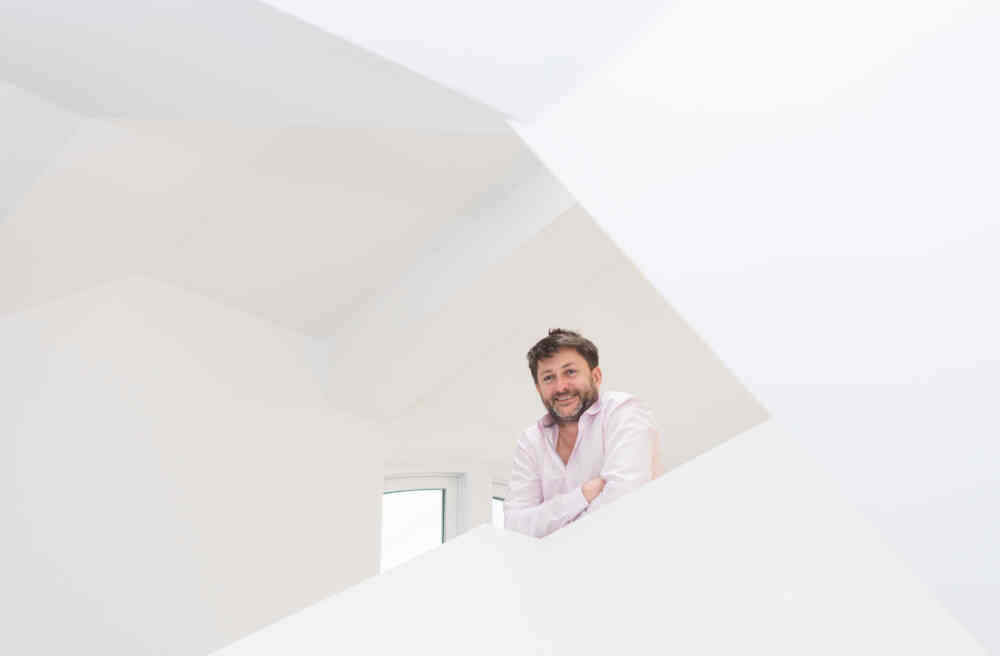 Barry talks motivation, down time and the responsibility to ‘do things better’ in our latest Podcast
Barry talks motivation, down time and the responsibility to ‘do things better’ in our latest Podcast -
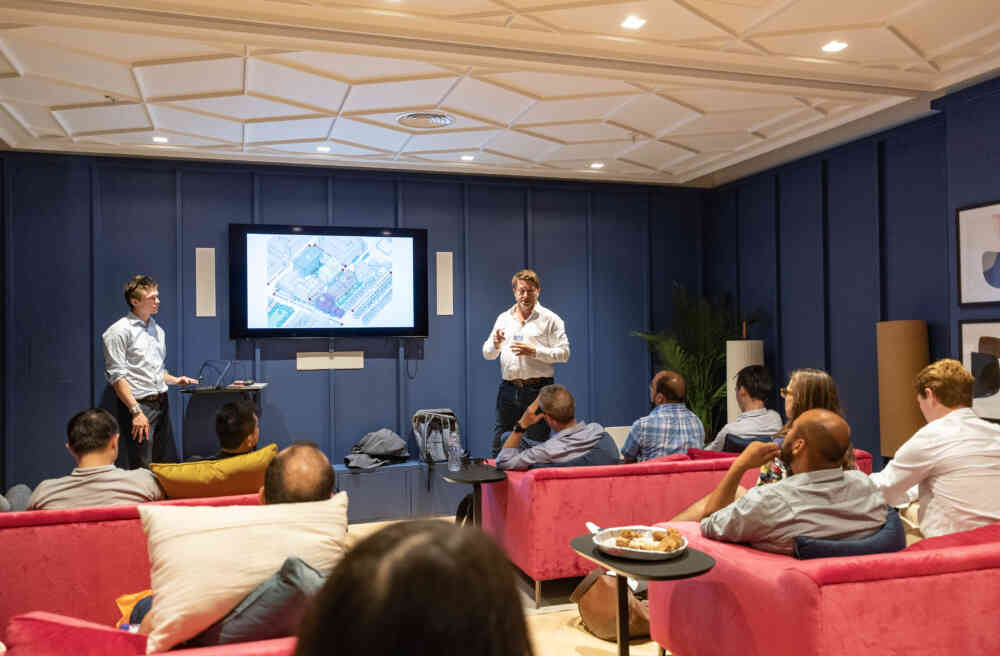 Socius welcomes University of Cambridge masters’ students to Edward Street Quarter
Socius welcomes University of Cambridge masters’ students to Edward Street Quarter -
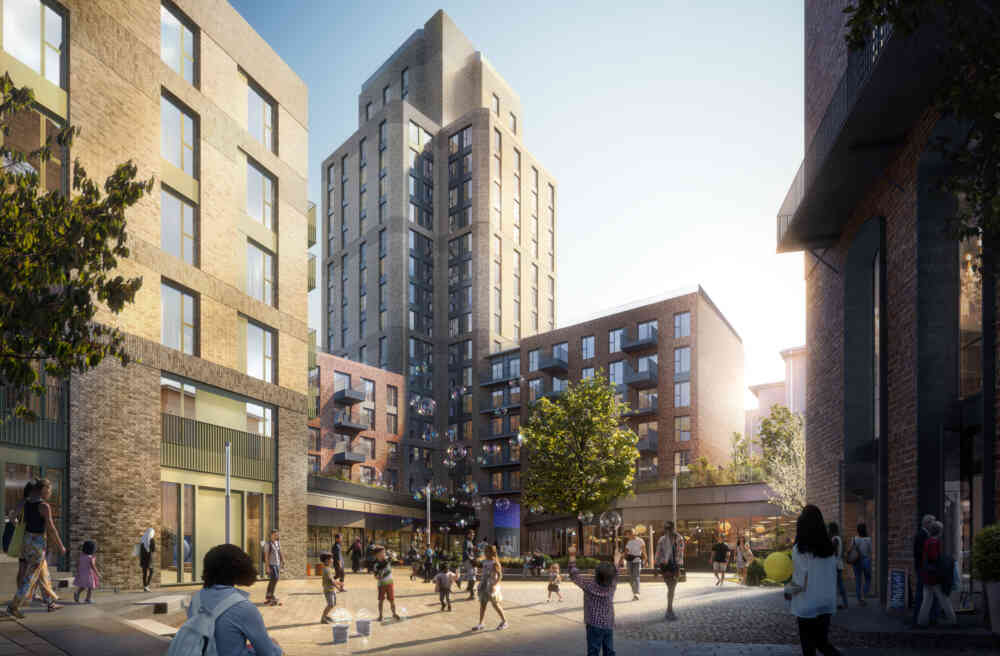 Work experience provides the opportunity to learn from Socius
Work experience provides the opportunity to learn from Socius -
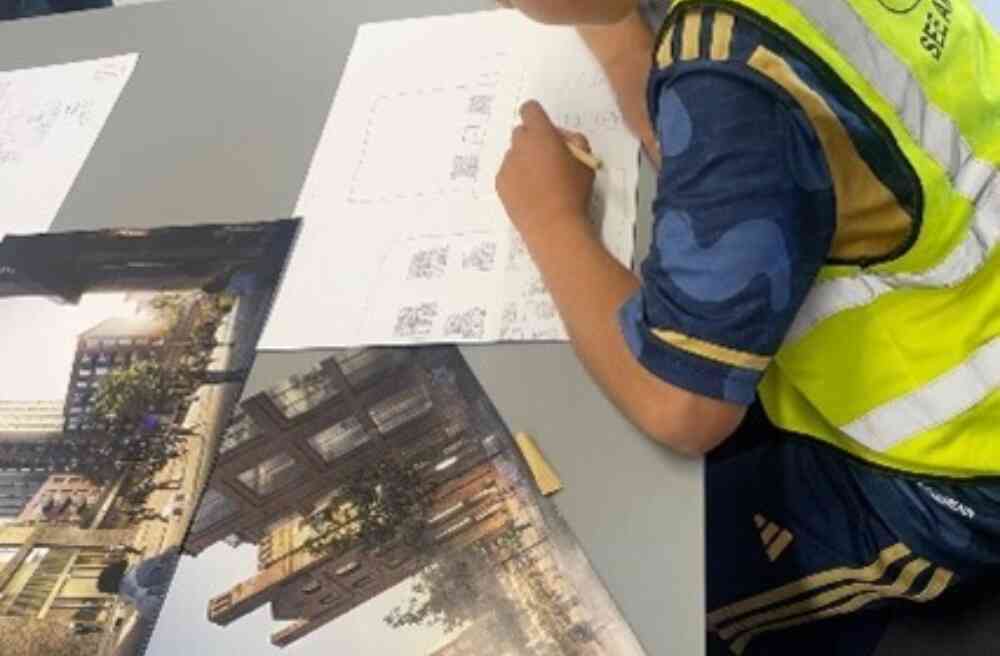 Socius goes back to school to help students learn more about real estate
Socius goes back to school to help students learn more about real estate -
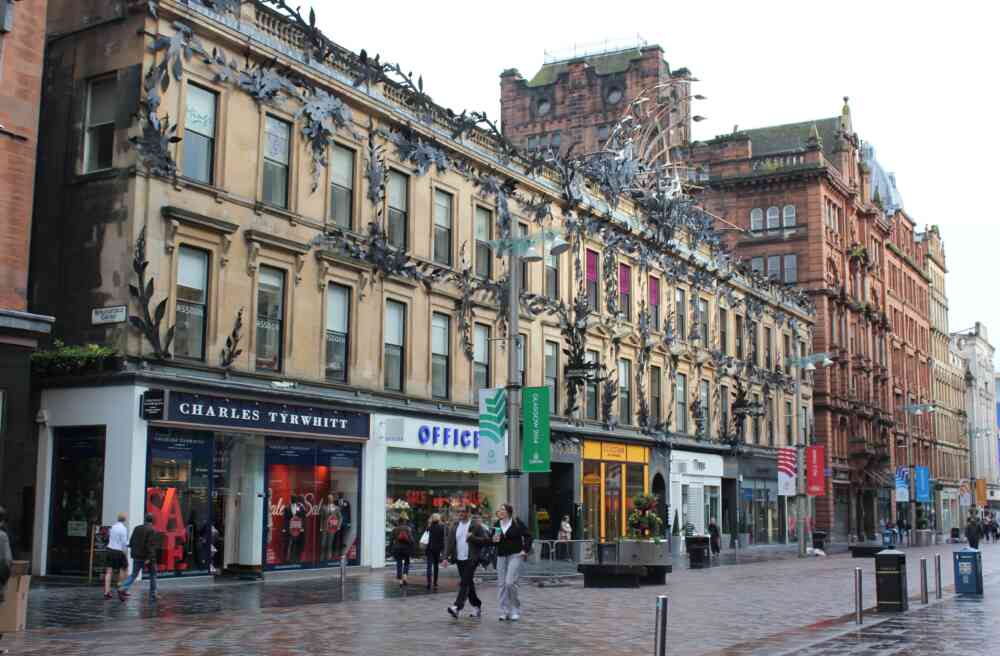 Housing plans ‘consistently underestimate’ the importance of placemaking
Housing plans ‘consistently underestimate’ the importance of placemaking -
 New offices at Edward Street Quarter 90% Let
New offices at Edward Street Quarter 90% Let -
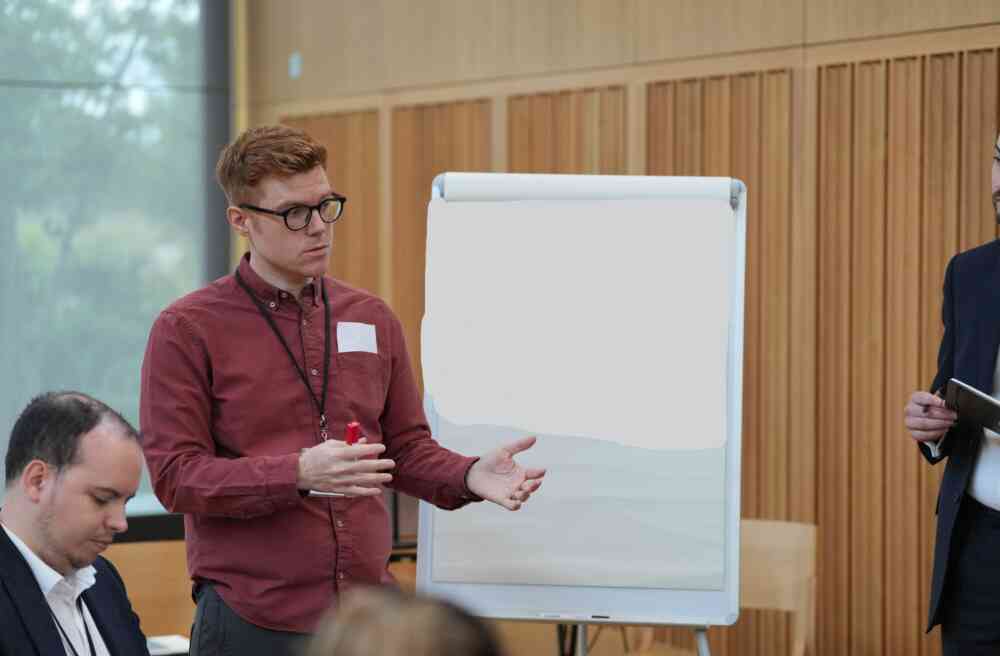 Social Value Symposium inspires conversations around maximising Impact
Social Value Symposium inspires conversations around maximising Impact -
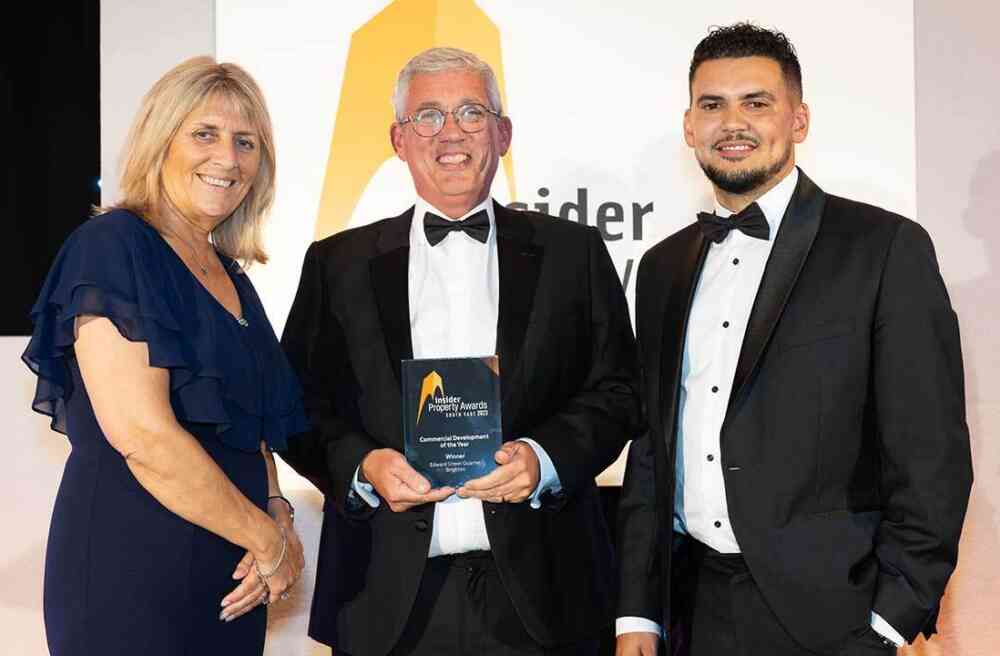 Edward Street Quarter Wins Insider South East Property Award
Edward Street Quarter Wins Insider South East Property Award -
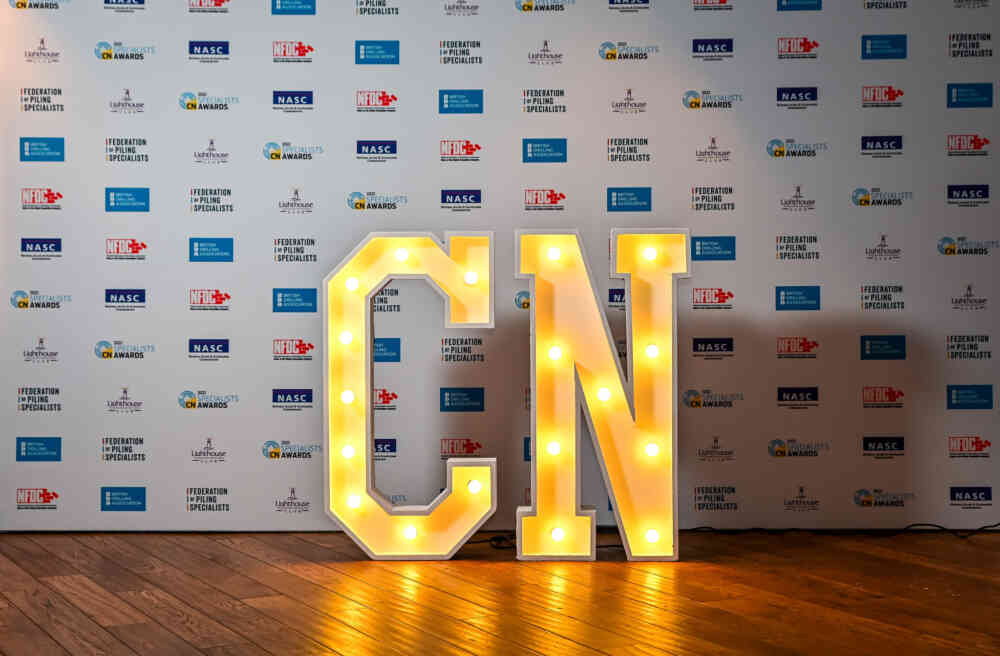 Construction News Awards sees social value prioritised
Construction News Awards sees social value prioritised -
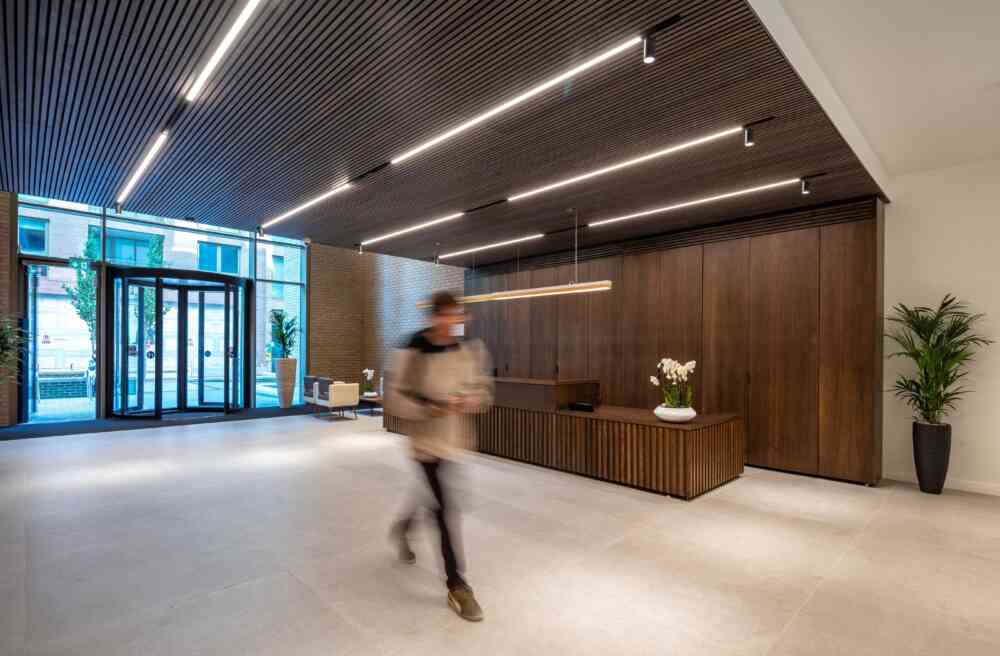 Socius tells React News “it’s time for Grade A* office space”
Socius tells React News “it’s time for Grade A* office space” -
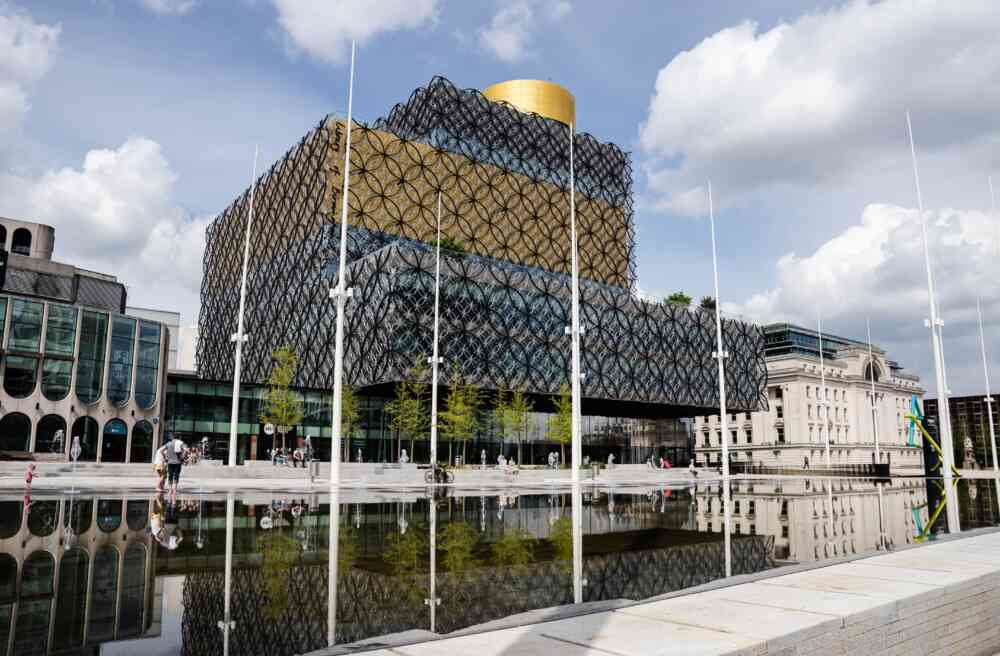 Beds, Meds, Sheds and...? Barry shares his thoughts with BisNow
Beds, Meds, Sheds and...? Barry shares his thoughts with BisNow -
 Planning amendments for Botanic Place submitted
Planning amendments for Botanic Place submitted -
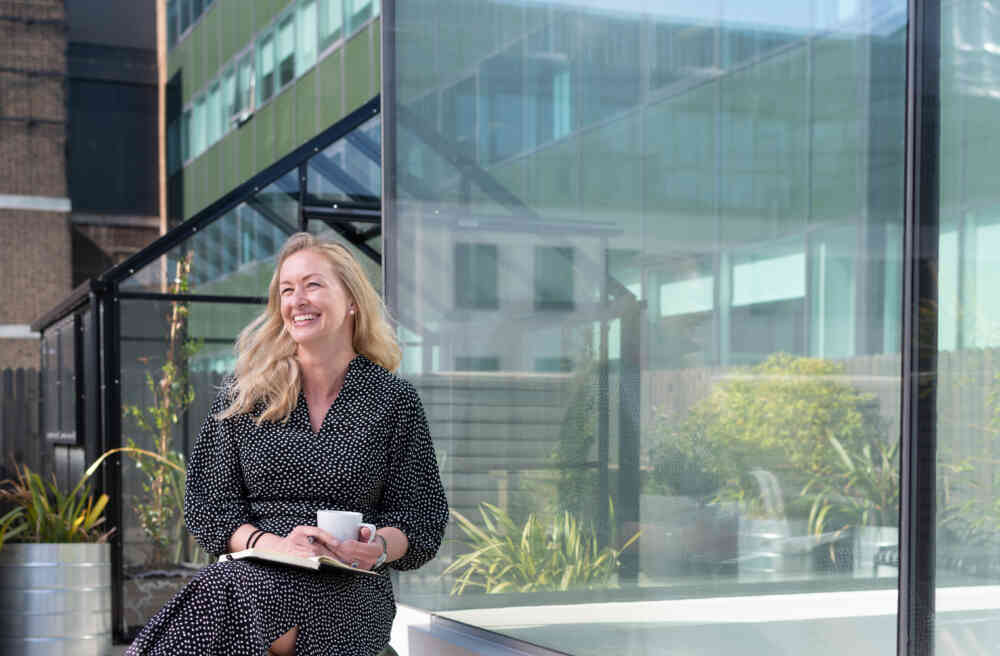 We hear from Vic, aka ‘the one who runs the business’ in our new ‘So Say Us’ Podcast
We hear from Vic, aka ‘the one who runs the business’ in our new ‘So Say Us’ Podcast -
 Students with social, emotional and mental health (SEMH) needs lead school landscaping project
Students with social, emotional and mental health (SEMH) needs lead school landscaping project -
 Andy Shamash gets closer to nature on his ‘giving back’ days
Andy Shamash gets closer to nature on his ‘giving back’ days -
 “A shopping trip changed my whole life!” says Nicola Marks in our latest ‘So Say Us’ Podcast
“A shopping trip changed my whole life!” says Nicola Marks in our latest ‘So Say Us’ Podcast -
 Steve Eccles is committed to ‘giving back’ to communities
Steve Eccles is committed to ‘giving back’ to communities -
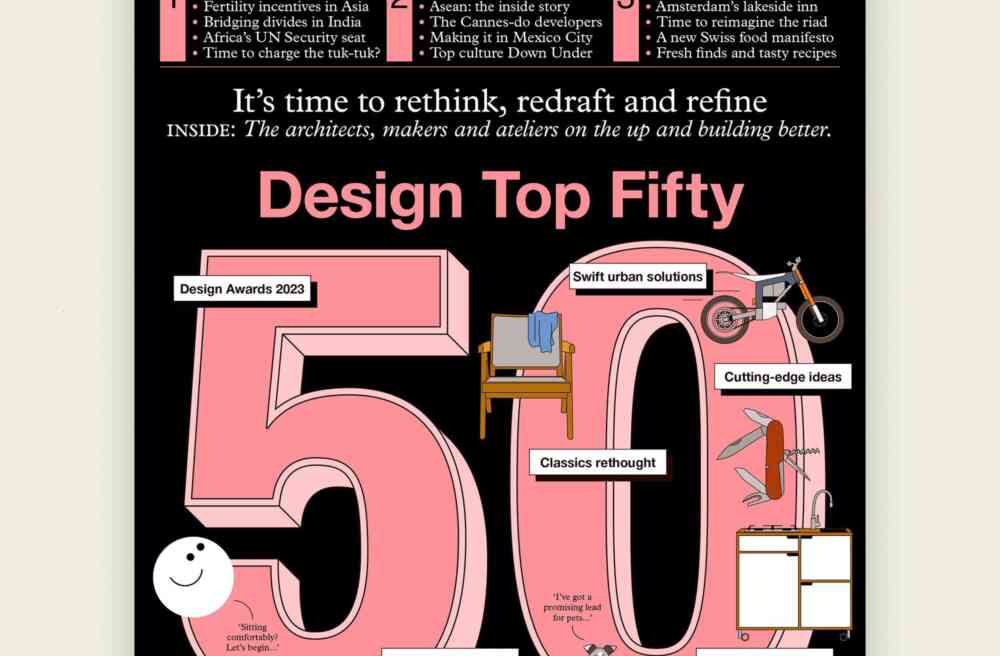 Monocle celebrates Socius for changing peoples lives
Monocle celebrates Socius for changing peoples lives -
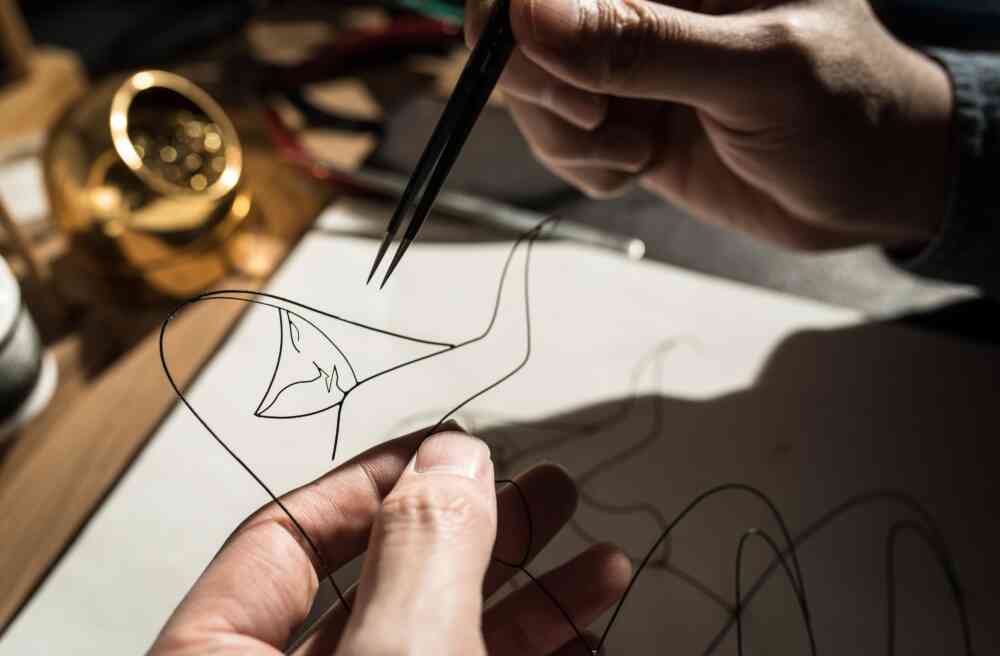 Connecting through culture as we age
Connecting through culture as we age -
 Estate Manager, Nicola never wants to retire!... find out why in our ‘So Say Us’ Podcast
Estate Manager, Nicola never wants to retire!... find out why in our ‘So Say Us’ Podcast -
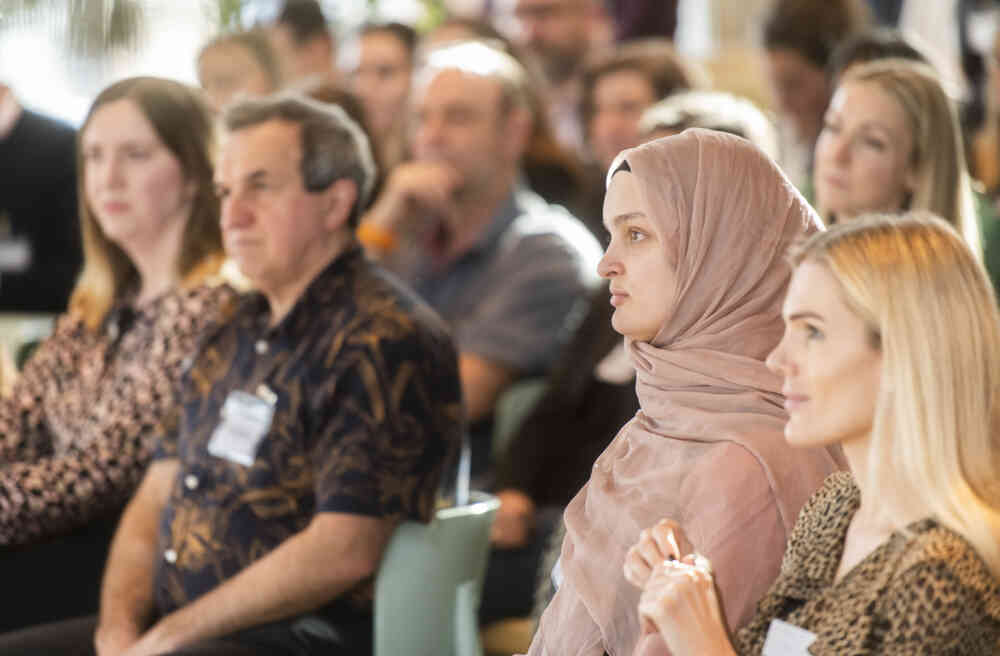 Leila shares her Emerging Talent Placement experience
Leila shares her Emerging Talent Placement experience -
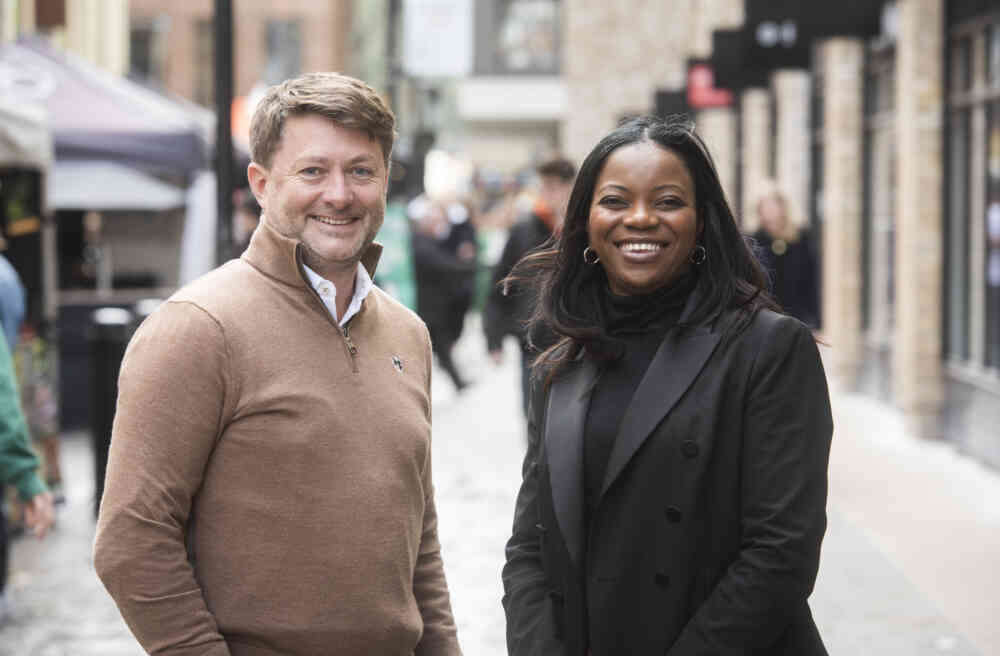 EG Interview with Barry and Olaide
EG Interview with Barry and Olaide -
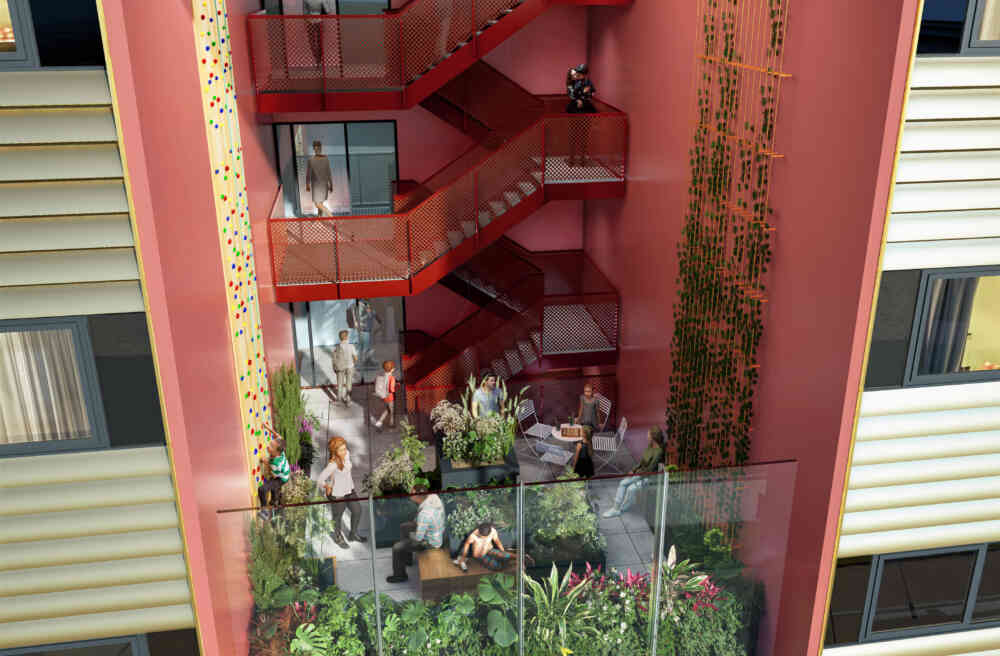 MK Gateway features on Property Week Front Page
MK Gateway features on Property Week Front Page -
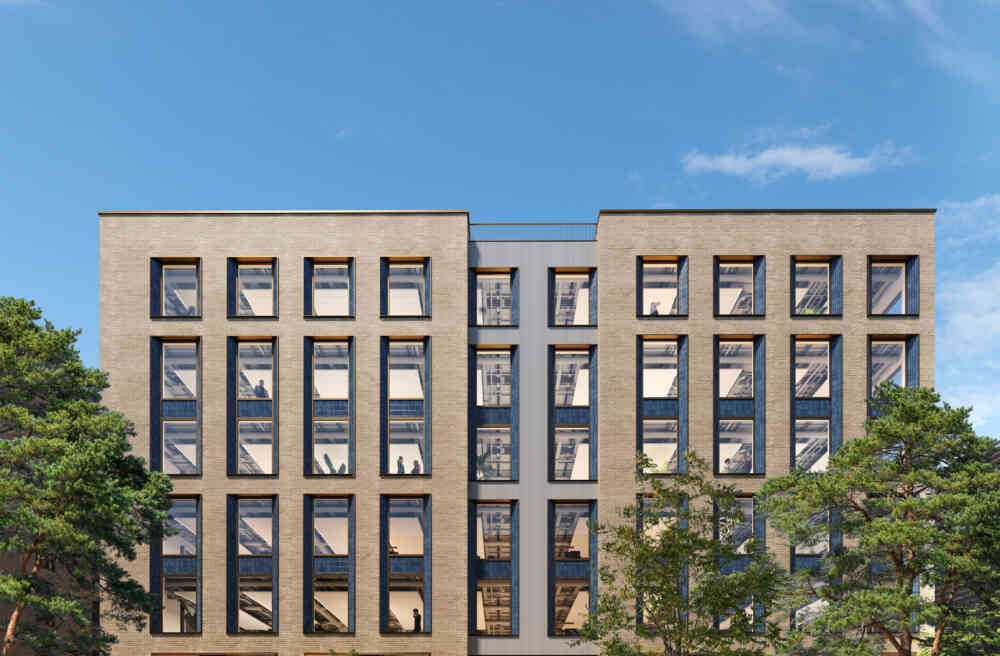 CoStar Impact Award goes to Edward Street Quarter
CoStar Impact Award goes to Edward Street Quarter -
Liam shares his love of music and Sheffield Wednesday in latest ‘So Say Us’ podcast
-
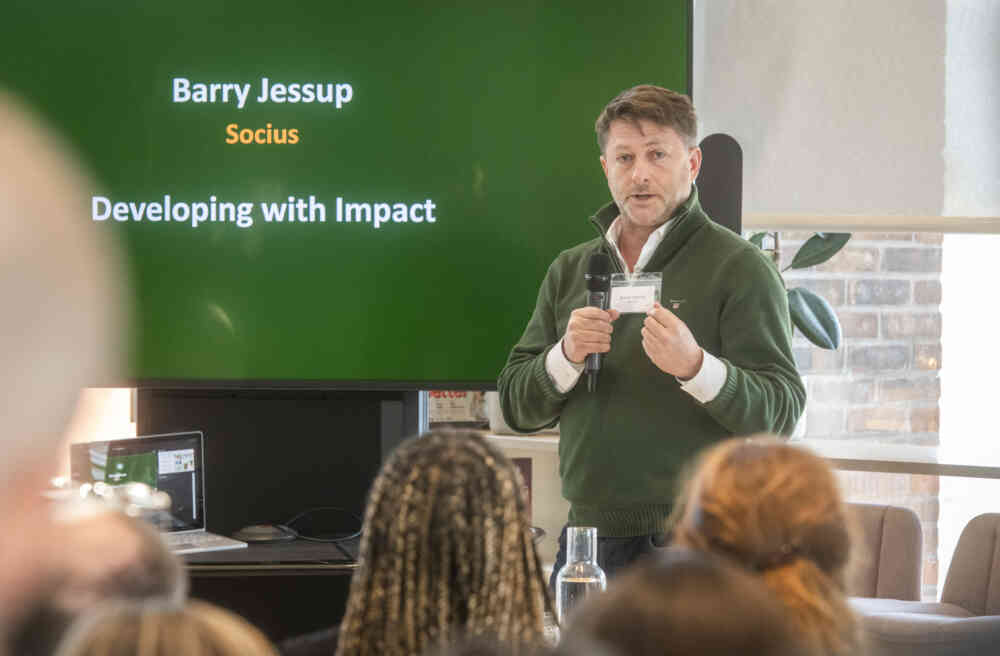 What can Socius do to help you deliver more social value?
What can Socius do to help you deliver more social value? -
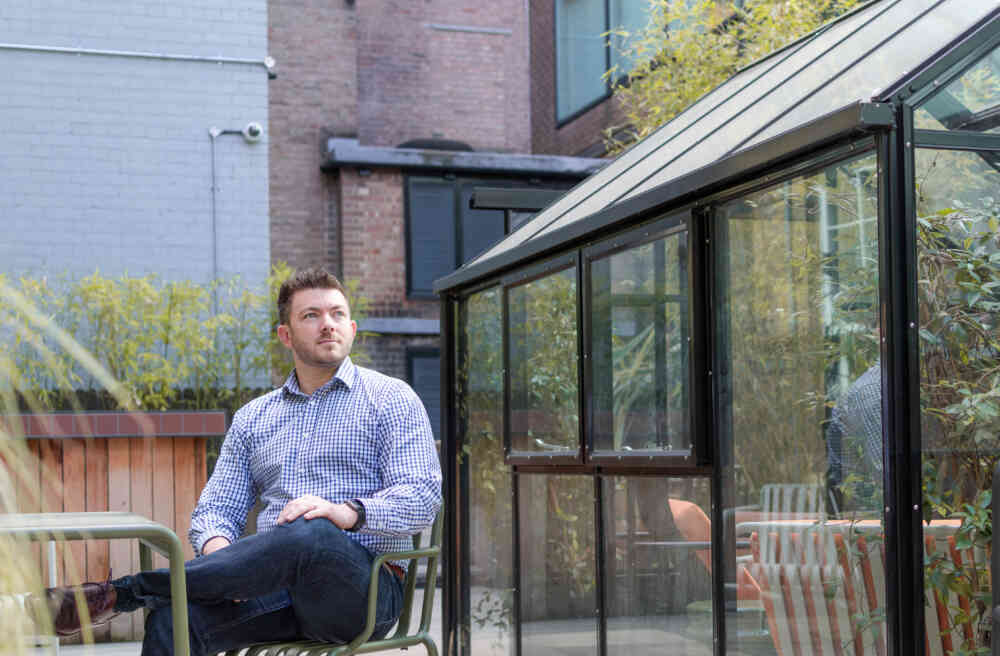 Olaide and Steve talk all things Socius in our latest ‘So Say Us’ Podcast
Olaide and Steve talk all things Socius in our latest ‘So Say Us’ Podcast -
 We’re proud to be changing lives for the better
We’re proud to be changing lives for the better -
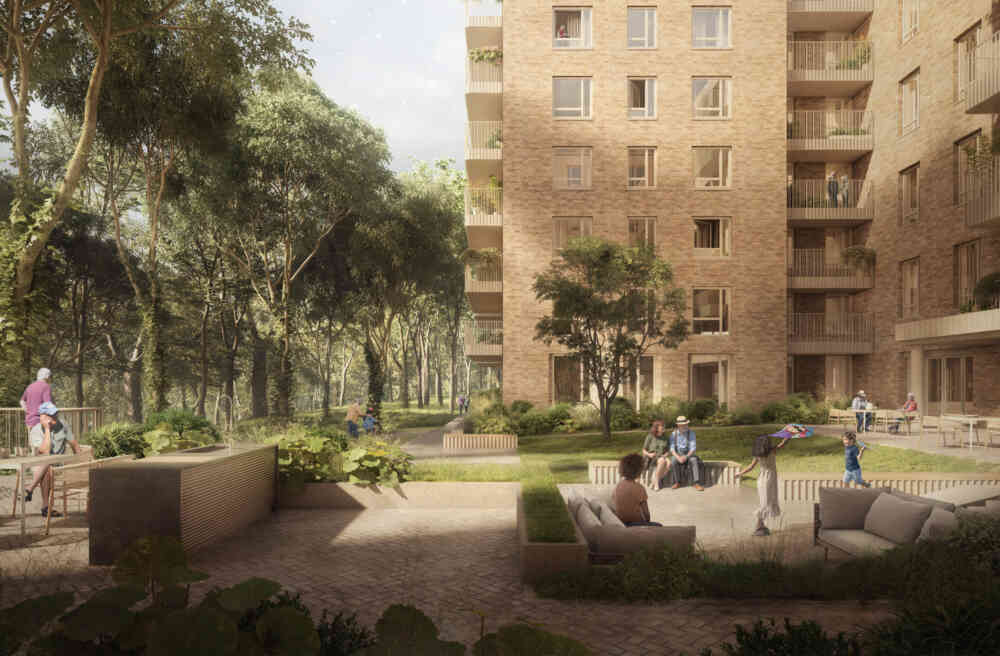 Members Hill wins planning consent
Members Hill wins planning consent -
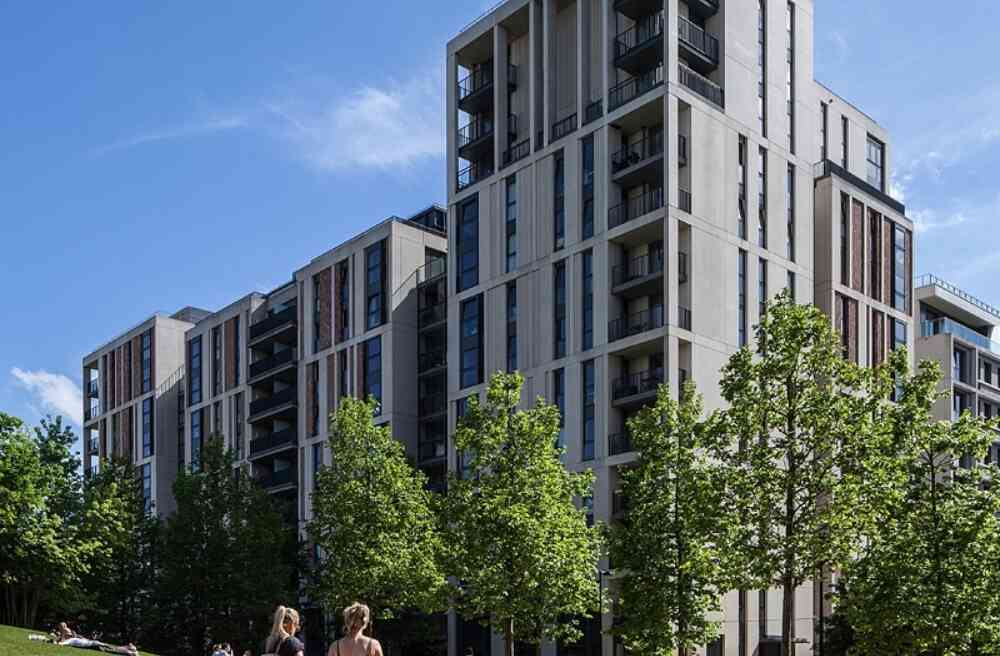 Our first-ever ‘So Say Us’ podcast is AVAILABLE NOW!
Our first-ever ‘So Say Us’ podcast is AVAILABLE NOW! -
 Meet Team Socius: Senior Project Manager, Joel Colthart
Meet Team Socius: Senior Project Manager, Joel Colthart -
 Socius Dreamball Draw awards Jamaica trip!
Socius Dreamball Draw awards Jamaica trip! -
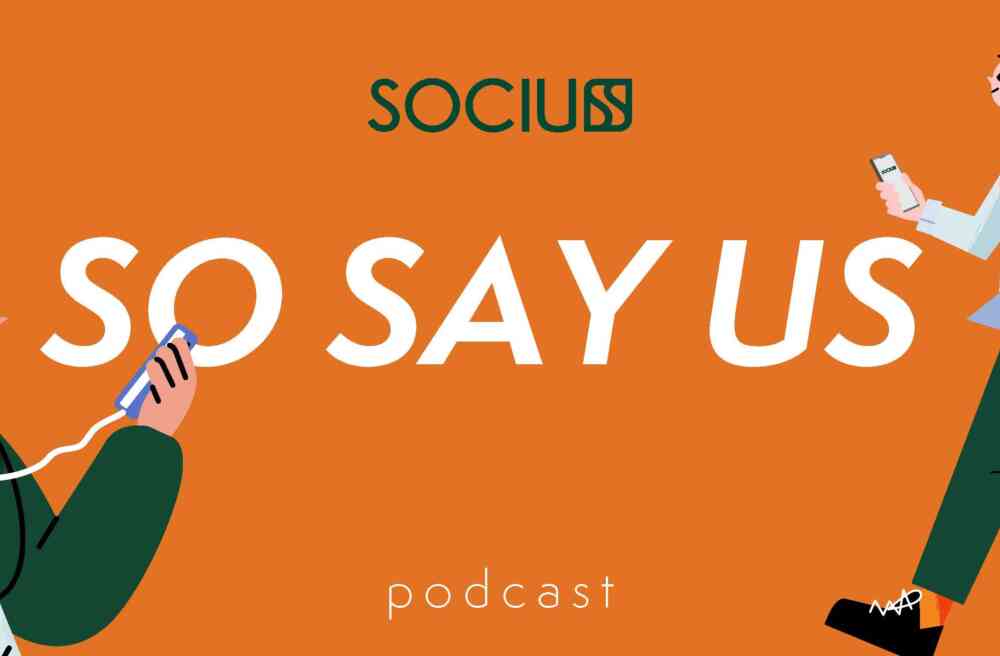 Listen to the preview of our new ‘So Say Us’ Podcast series
Listen to the preview of our new ‘So Say Us’ Podcast series -
 Olaide discusses social impact on PropCast: The Property Podcast
Olaide discusses social impact on PropCast: The Property Podcast -
 Mike Dodd shares his faves with Bristol Business News
Mike Dodd shares his faves with Bristol Business News -
 Daniel May reflects on Boston's Life Sciences offering
Daniel May reflects on Boston's Life Sciences offering -
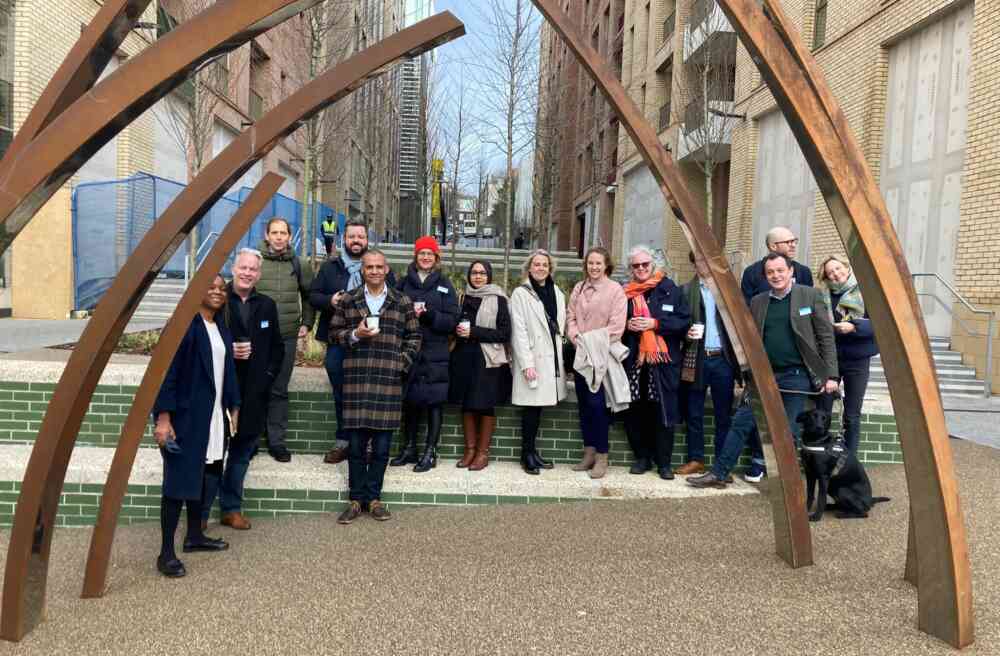 Exclusive tour of newly opened Edward Street Quarter
Exclusive tour of newly opened Edward Street Quarter -
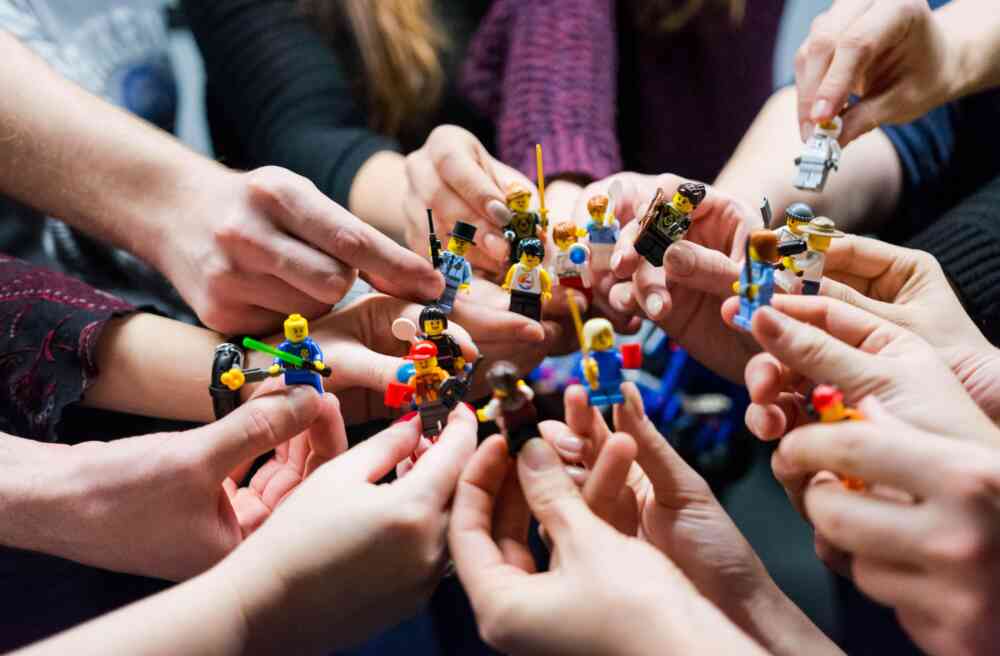 Creating Social Value through Property Development
Creating Social Value through Property Development -
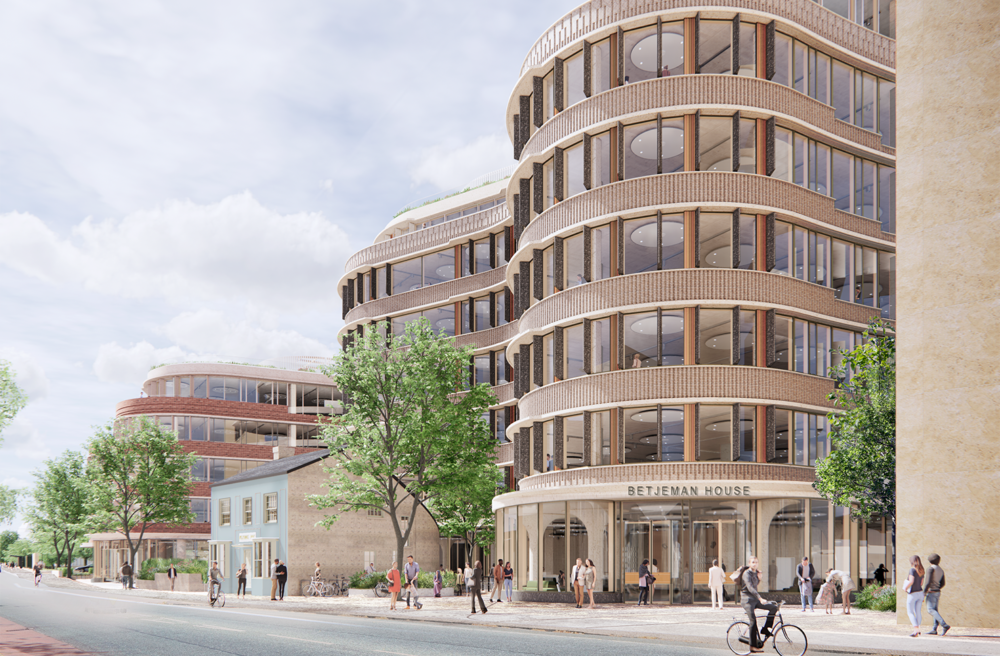 Socius and Railpen partner on Botanic Place
Socius and Railpen partner on Botanic Place -
 Red wine, live music and WFO are Barry's 2023 predictions
Red wine, live music and WFO are Barry's 2023 predictions -
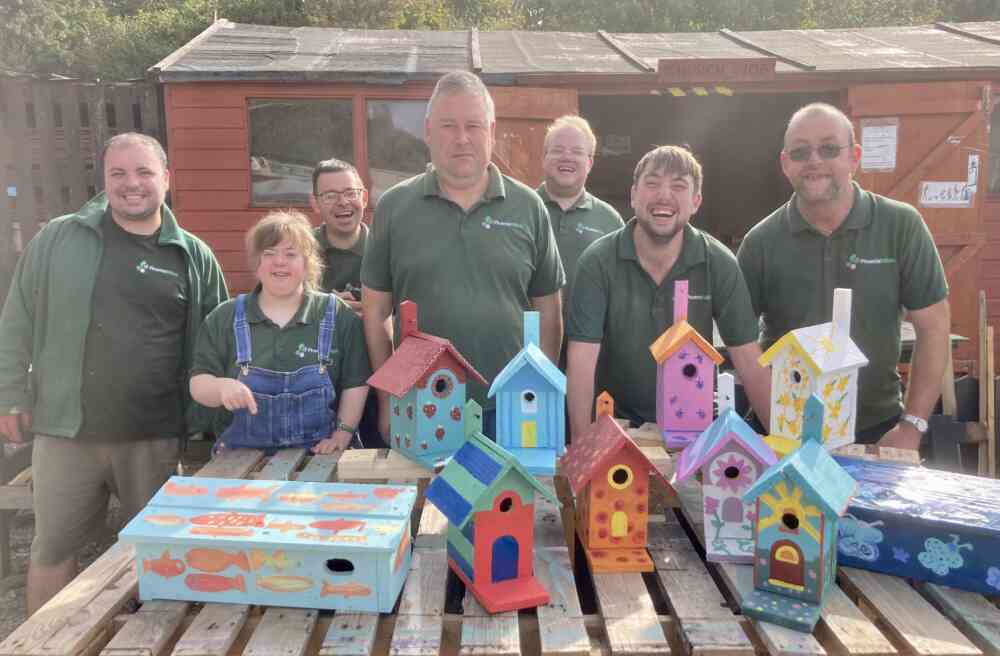 Prioritising the S in ESG
Prioritising the S in ESG -
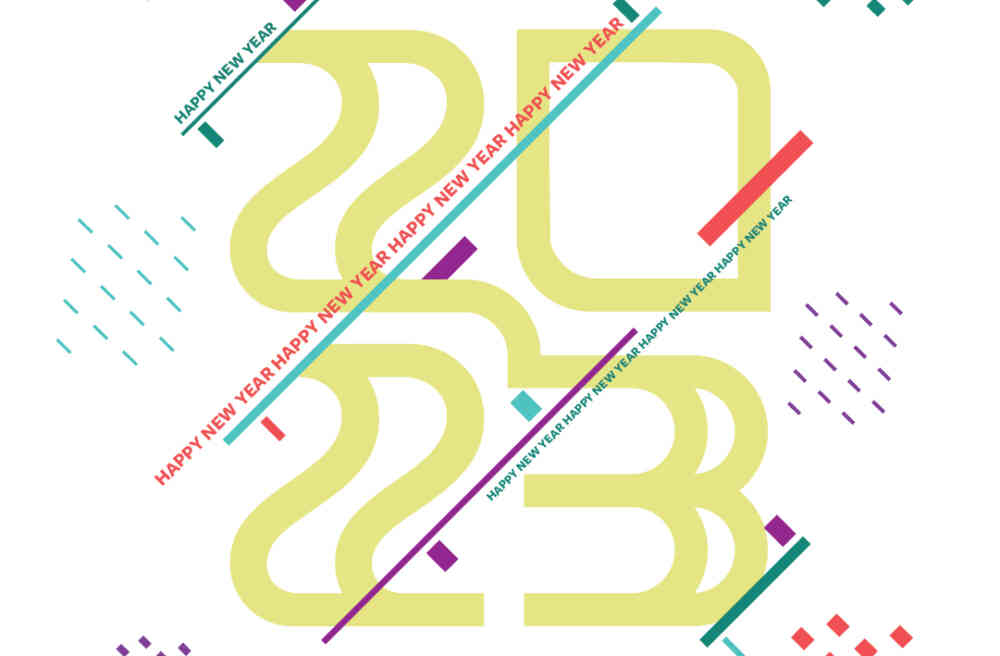 Happy New Year!
Happy New Year! -
 Merry Christmas!
Merry Christmas! -
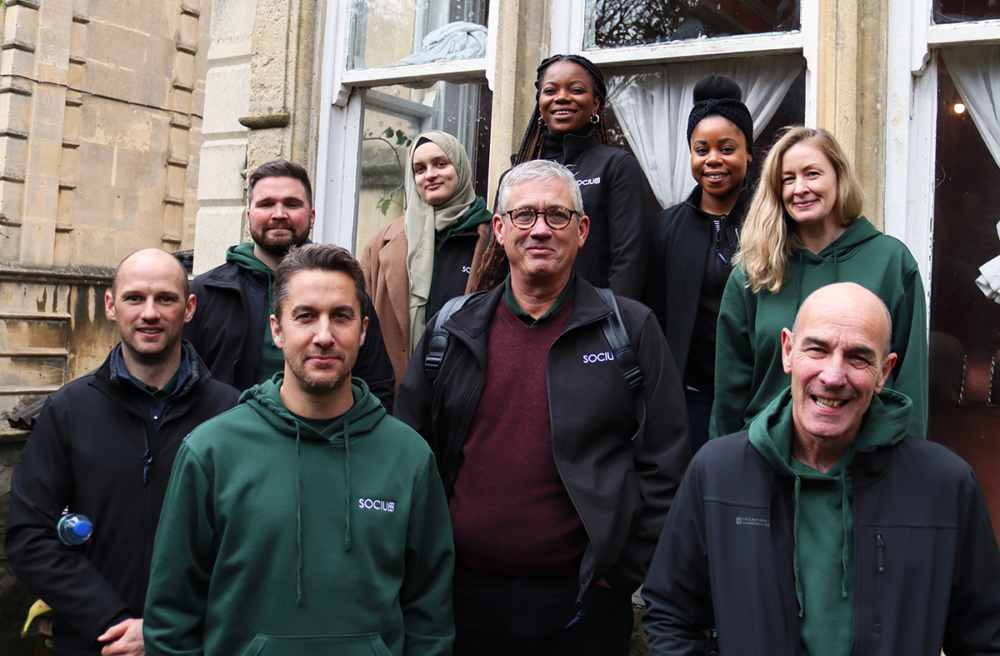 Team Socius mark one year with a volunteering push
Team Socius mark one year with a volunteering push -
 What can property learn from I'm a Celebrity?
What can property learn from I'm a Celebrity? -
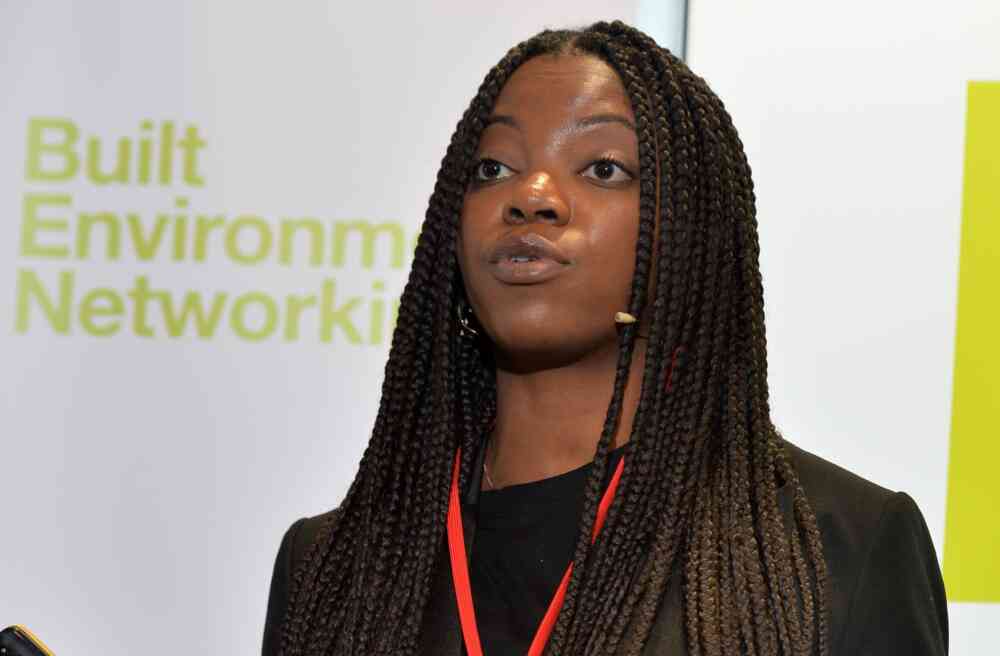 Is there a place for Women in Property?
Is there a place for Women in Property? -
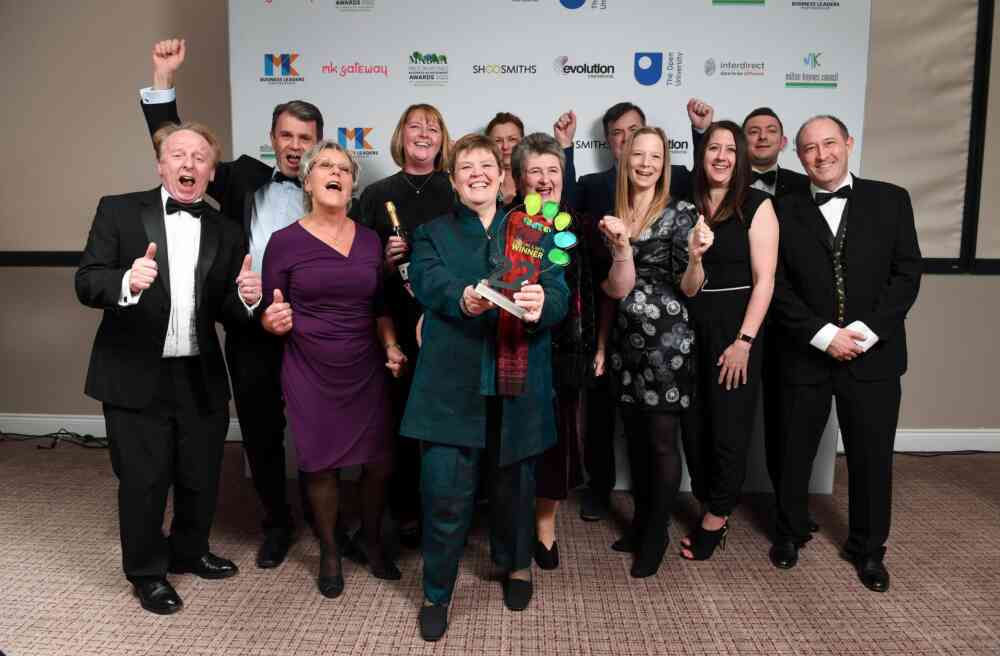 Socius supports local businesses to succeed
Socius supports local businesses to succeed -
 Meet Team Socius: Managing Director, Barry Jessup
Meet Team Socius: Managing Director, Barry Jessup -
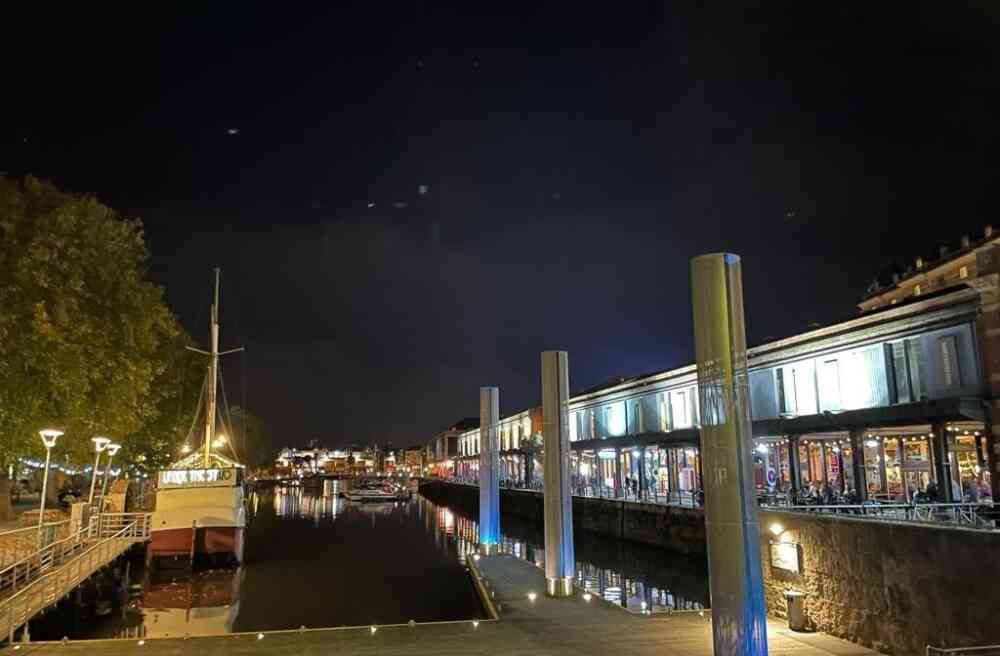 Liam Ronan-Chlond 'Sleeps Out to Help Out'
Liam Ronan-Chlond 'Sleeps Out to Help Out' -
 Daniel May shares learnings from Life Sciences in Boston
Daniel May shares learnings from Life Sciences in Boston -
 Socius view on the Oxford to Cambridge Arc
Socius view on the Oxford to Cambridge Arc -
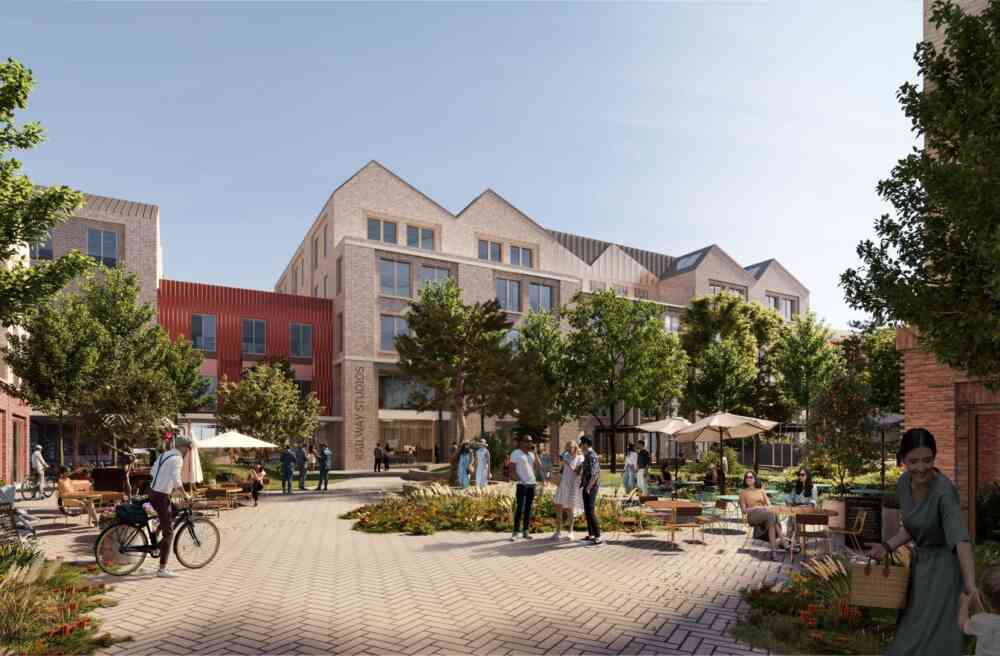 Environmental experts partner on Devonshire Gardens
Environmental experts partner on Devonshire Gardens -
 Back in the office (well, sort of…)
Back in the office (well, sort of…) -
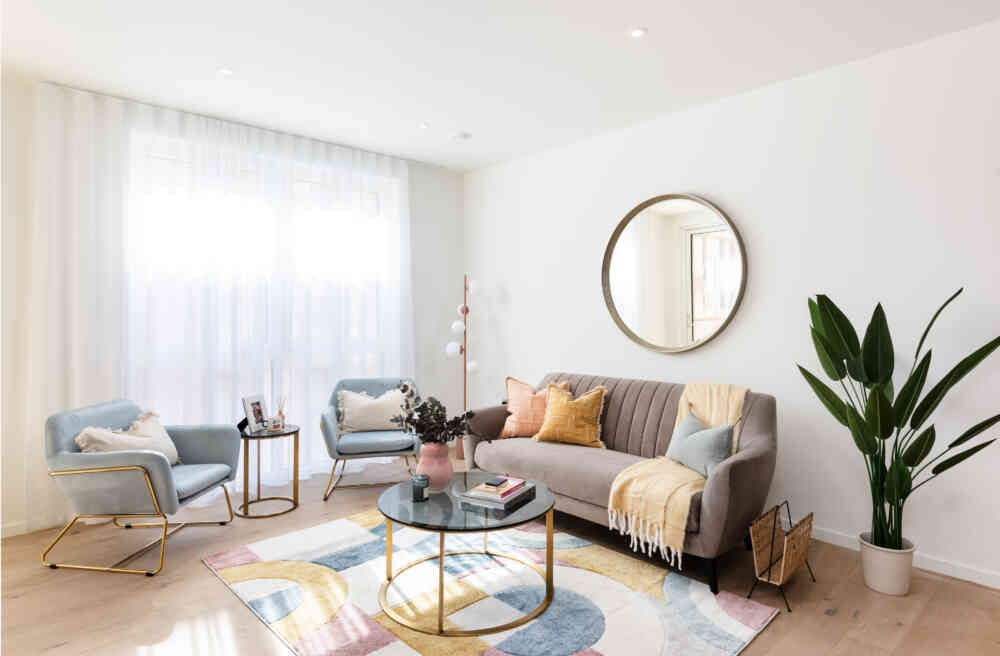 Edward Street Quarter welcomes first residents
Edward Street Quarter welcomes first residents -
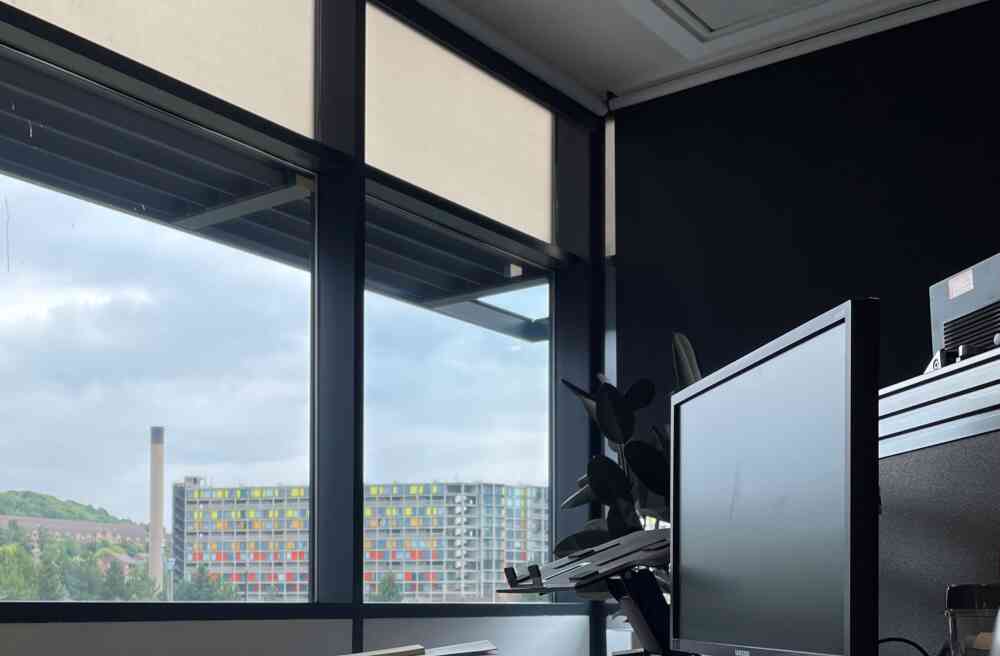 Positive workplace culture sees Socius support secondment
Positive workplace culture sees Socius support secondment -
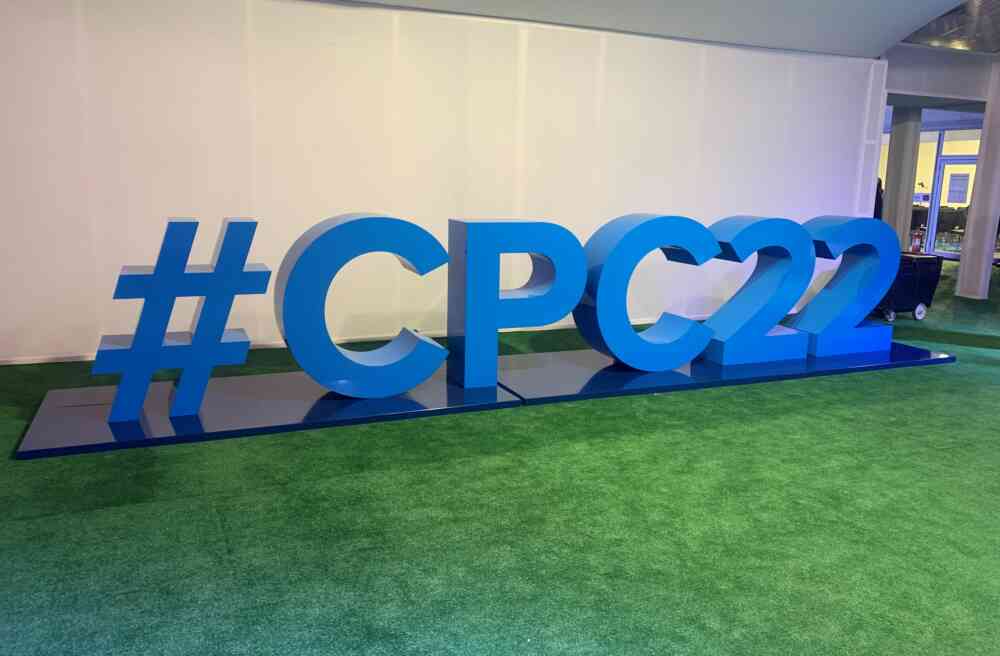 Riding the rollercoaster Conversative Party Conference
Riding the rollercoaster Conversative Party Conference -
 The ‘paying it forward’ effect
The ‘paying it forward’ effect -
 Is this Labour’s “Moment”?
Is this Labour’s “Moment”? -
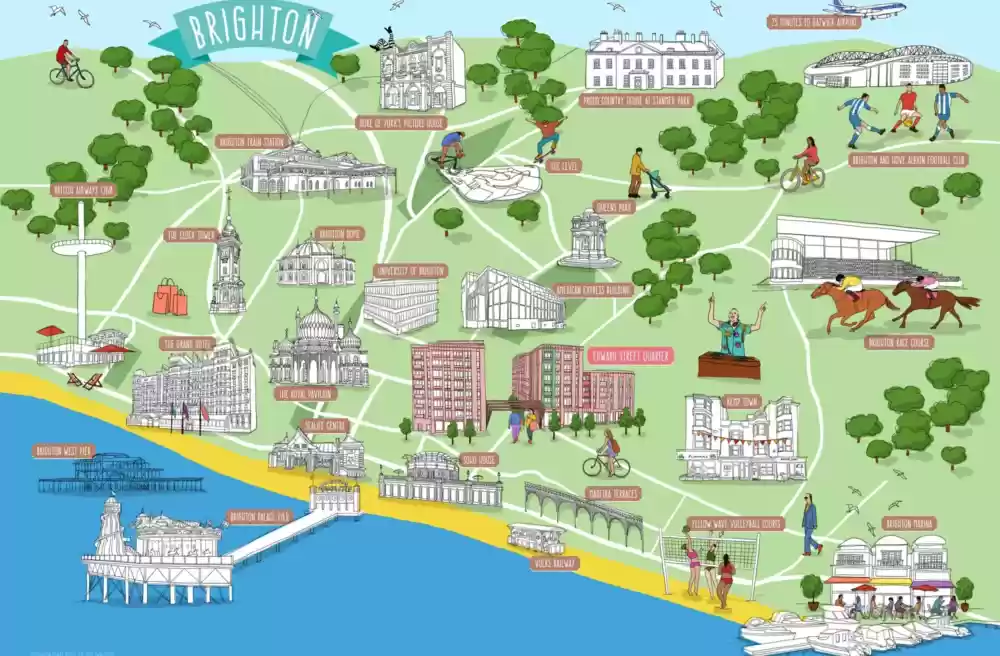 ESQ shortlisted for 'Storytelling' in Archiboo Awards
ESQ shortlisted for 'Storytelling' in Archiboo Awards -
 Plans submitted for Member's Hill
Plans submitted for Member's Hill -
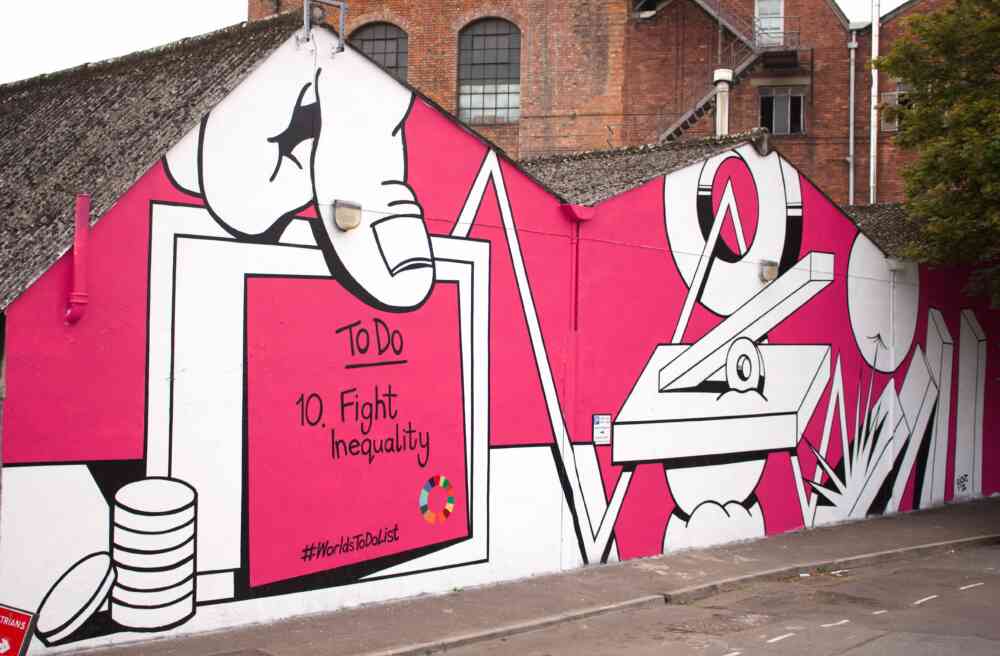 Soapworks supports the 'World's To-Do List' campaign
Soapworks supports the 'World's To-Do List' campaign -
 Congrats to Liam on Social Value qualification
Congrats to Liam on Social Value qualification -
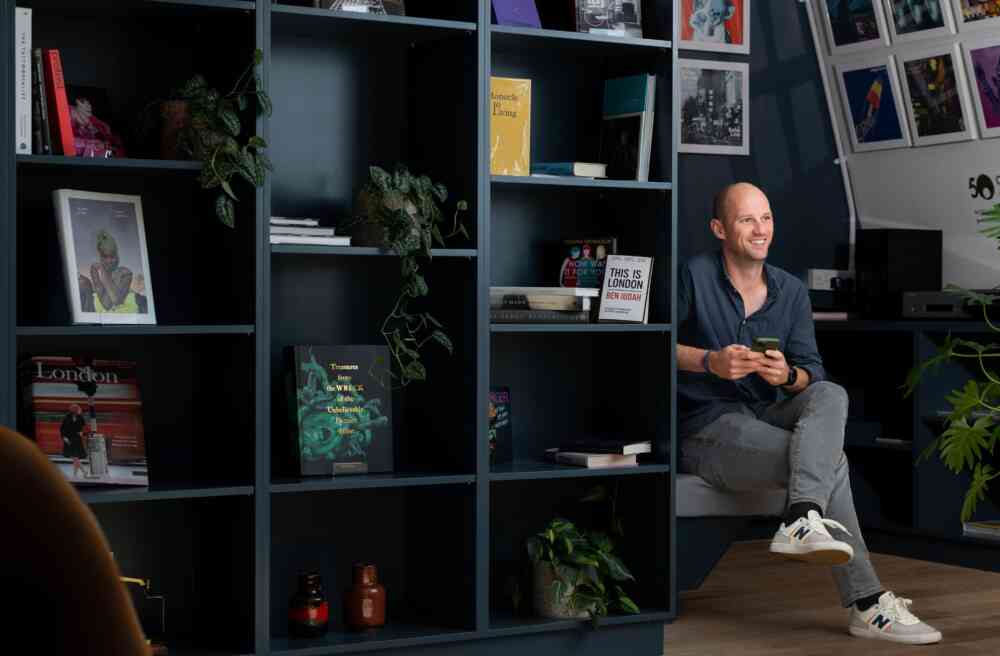 Socius welcomes Mike Dodd to the development team
Socius welcomes Mike Dodd to the development team -
 Death of Her Majesty Queen Elizabeth II
Death of Her Majesty Queen Elizabeth II -
 Long Time Project inspires property industry to take a Future-Focused approach
Long Time Project inspires property industry to take a Future-Focused approach -
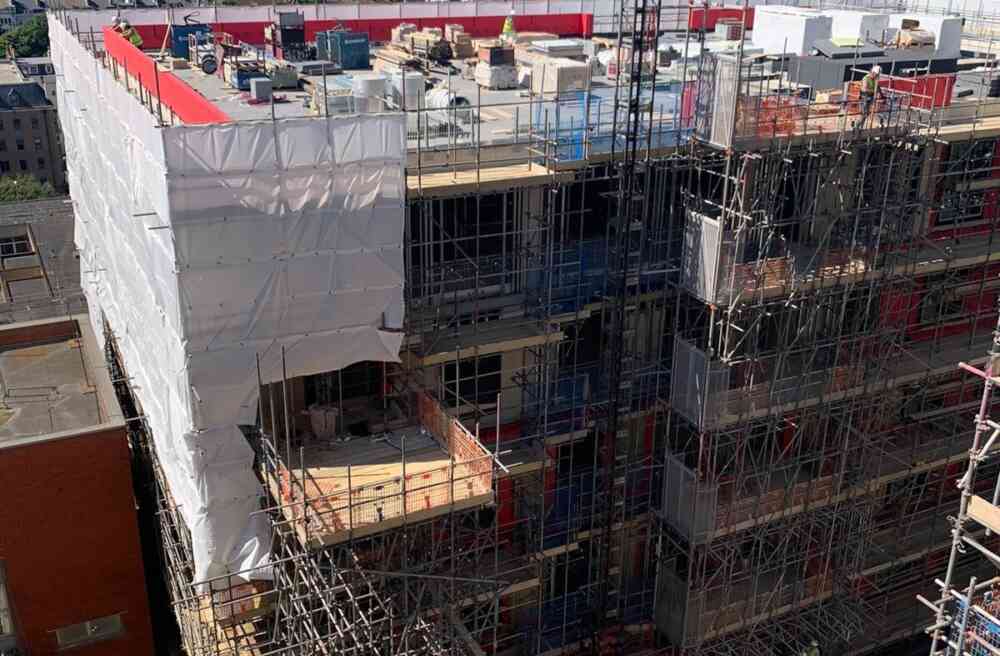 Read all about Eoin Morris' work experience with Socius
Read all about Eoin Morris' work experience with Socius -
 Welcome to the team Ashley Broderick!
Welcome to the team Ashley Broderick! -
 Devonshire Gardens plans approved
Devonshire Gardens plans approved -
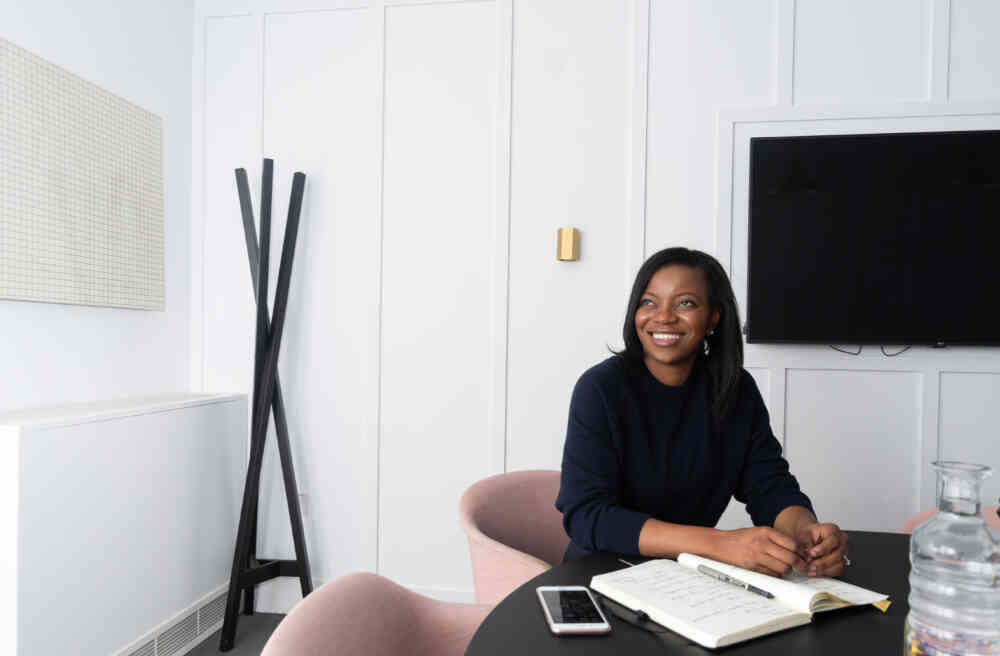 Olaide Oboh recognised as 'The Community Champion' by Bisnow
Olaide Oboh recognised as 'The Community Champion' by Bisnow -
 Liam selected to join the Social Value UK Advisory Board
Liam selected to join the Social Value UK Advisory Board -
 The true value of business success is priceless!
The true value of business success is priceless! -
Edward Street Quarter delivers more than £15m of local benefits
-
 Meet Team Socius: Business Development Executive, Victoria Birks
Meet Team Socius: Business Development Executive, Victoria Birks -
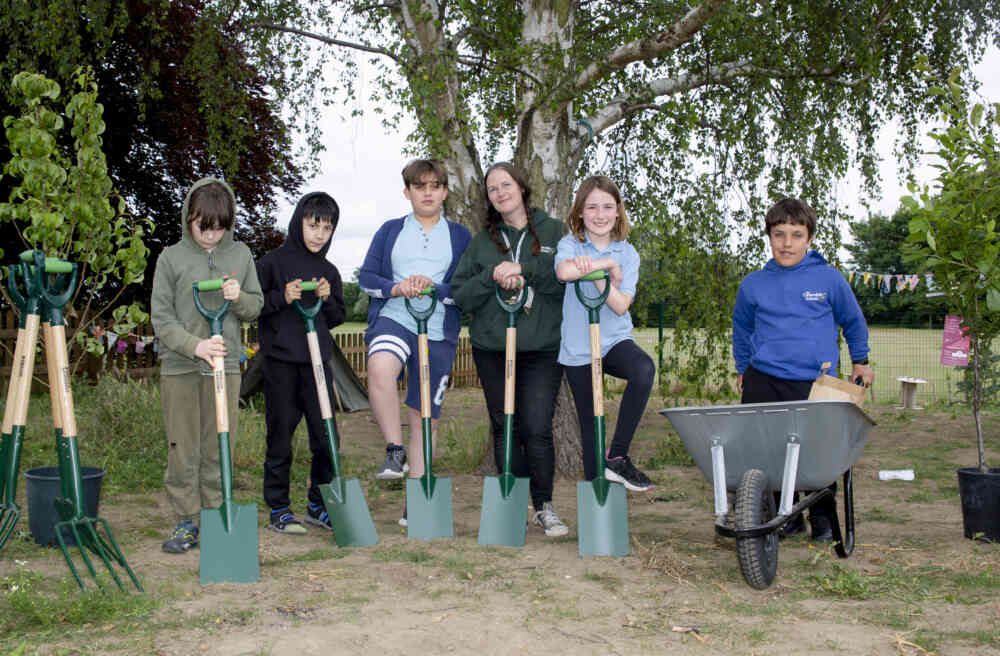 Gardening equipment donated to budding horticulturalists
Gardening equipment donated to budding horticulturalists -
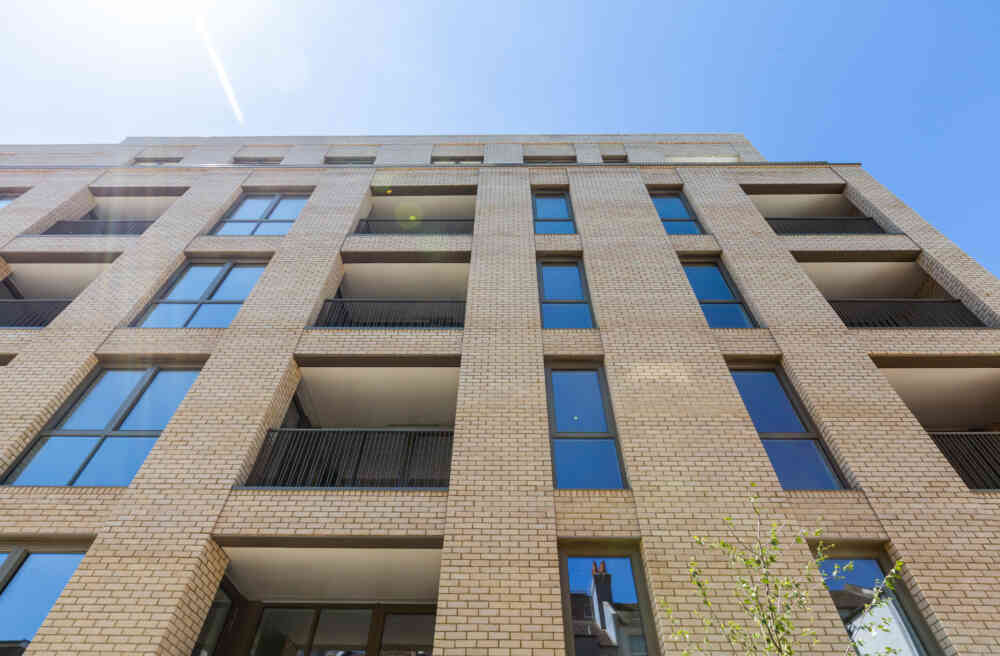 Bricks revealed at Edward Street Quarter
Bricks revealed at Edward Street Quarter -
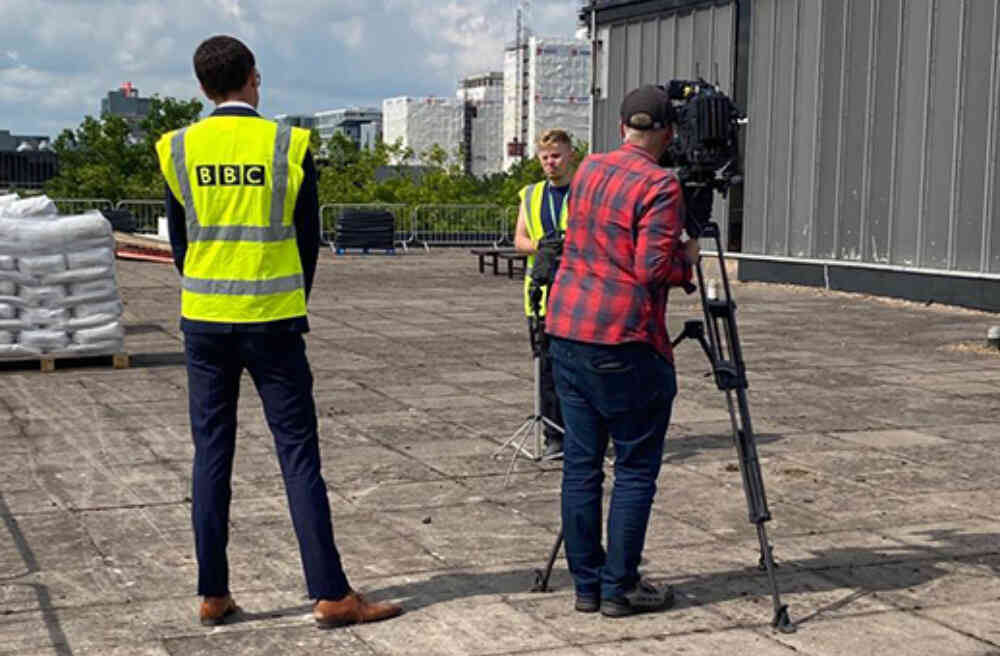 Local partners help us build meaningful connections within communities
Local partners help us build meaningful connections within communities -
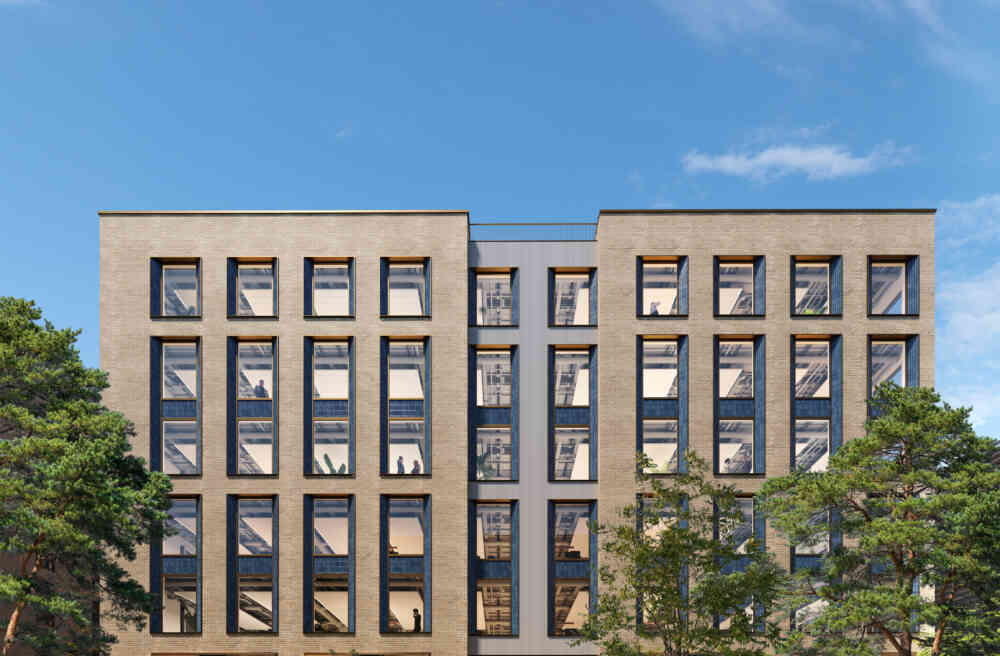 Property Week reports on lettings at Edward Street Quarter
Property Week reports on lettings at Edward Street Quarter -
 Lush green rooftops at MK Gateway
Lush green rooftops at MK Gateway -
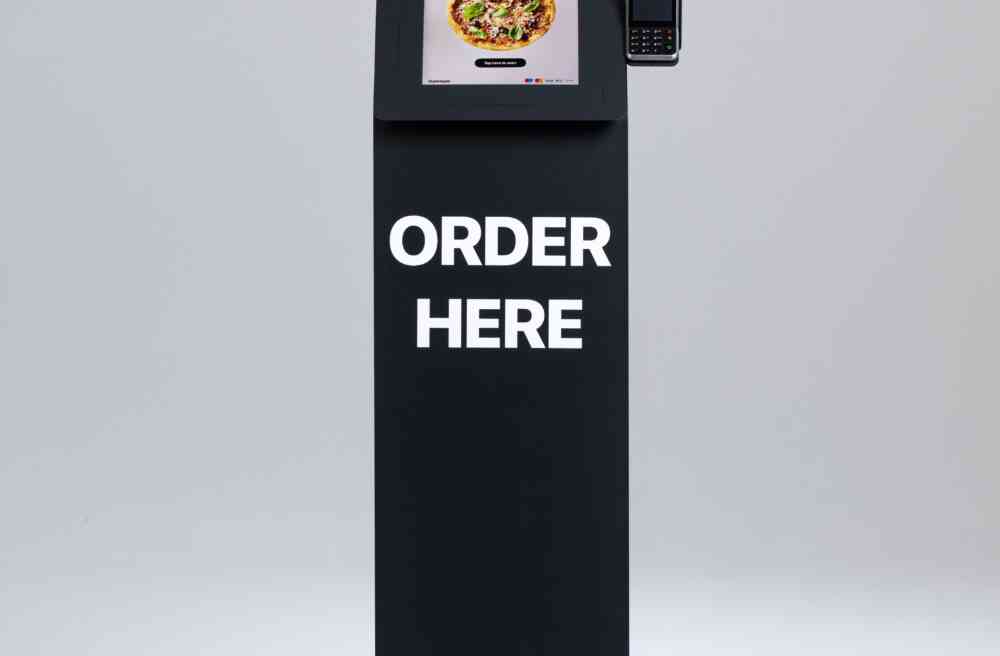 'Experience is everything' writes Barry Jessup
'Experience is everything' writes Barry Jessup -
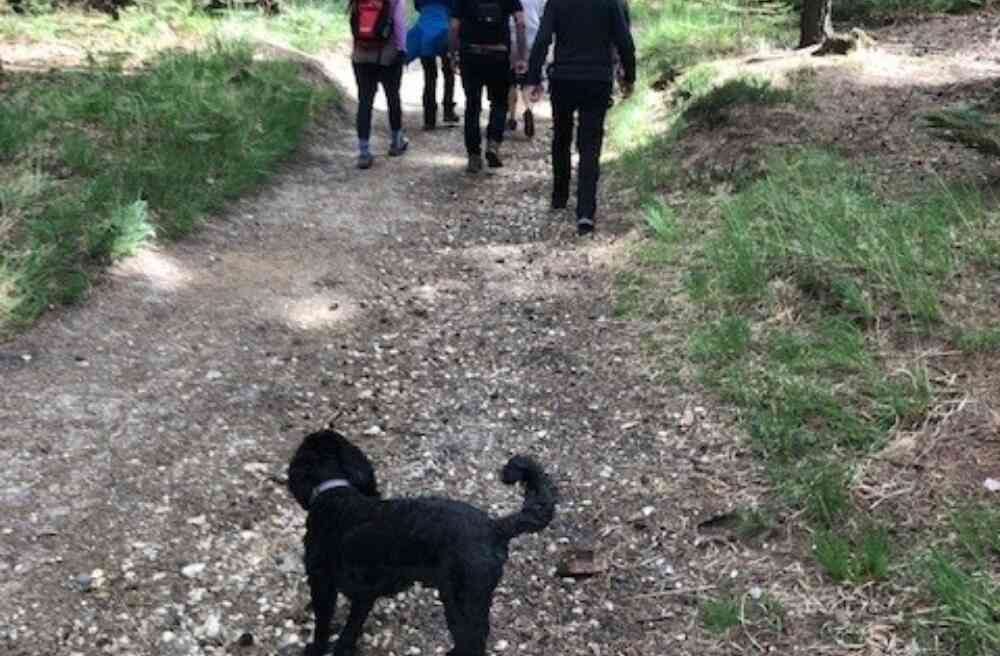 Happiness is finding a healthy balance
Happiness is finding a healthy balance -
 Meet Team Socius: Head of Engagement, Liam Ronan-Chlond
Meet Team Socius: Head of Engagement, Liam Ronan-Chlond -
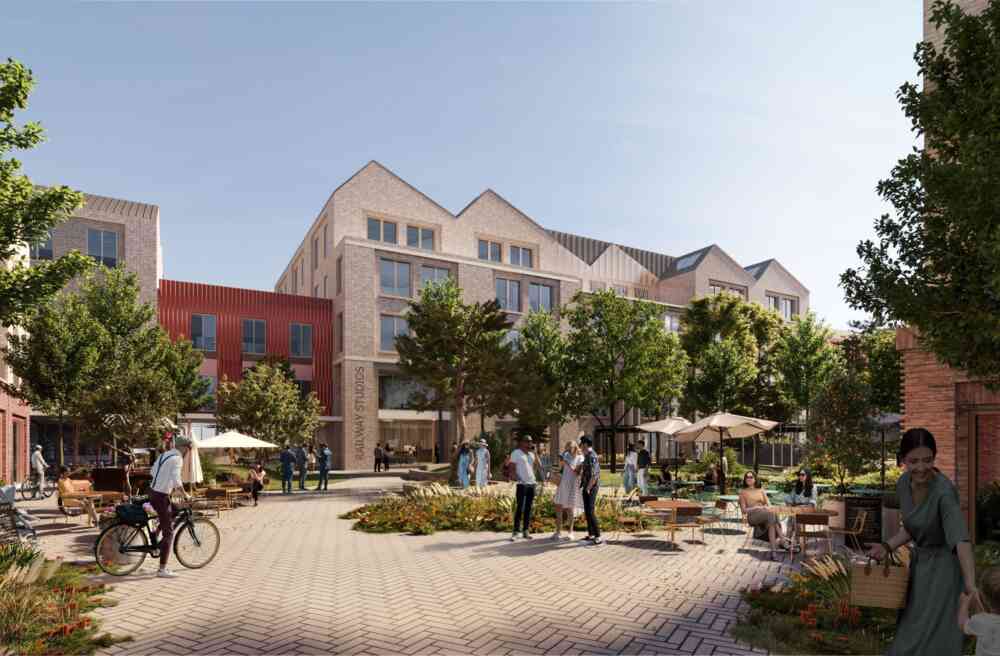 Sustainable Cambridge plans submitted
Sustainable Cambridge plans submitted -
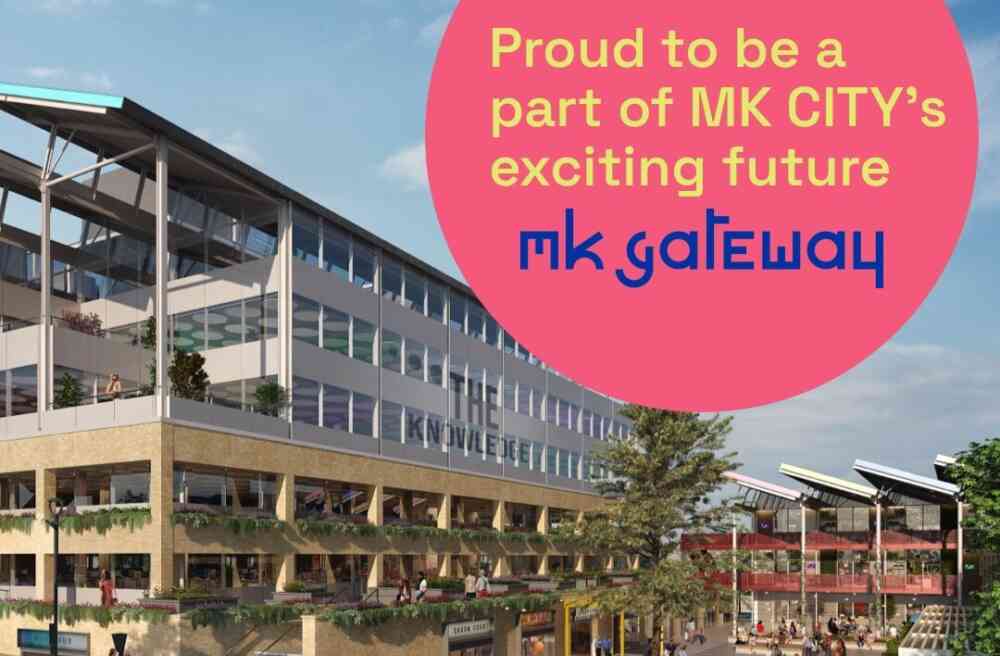 The City of Milton Keynes
The City of Milton Keynes -
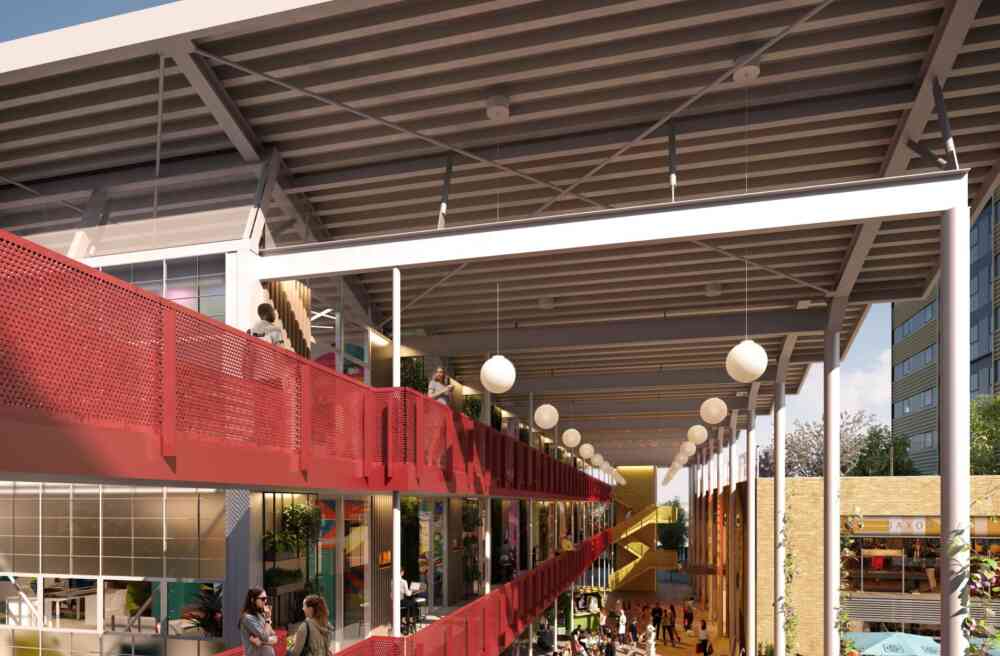 Milton Keynes to take centre stage at UKREiiF
Milton Keynes to take centre stage at UKREiiF -
 Social impact survey encourage others to act
Social impact survey encourage others to act -
 Have you spotted Brighton's boldest new landmark?
Have you spotted Brighton's boldest new landmark? -
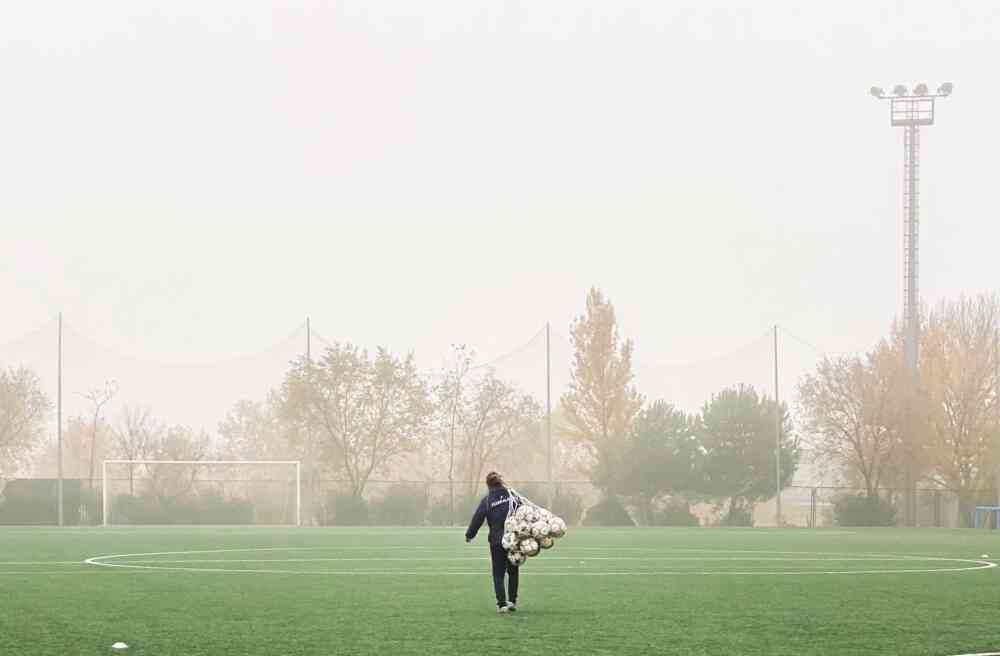 Daniel May shares how he 'gives back' to his local community
Daniel May shares how he 'gives back' to his local community -
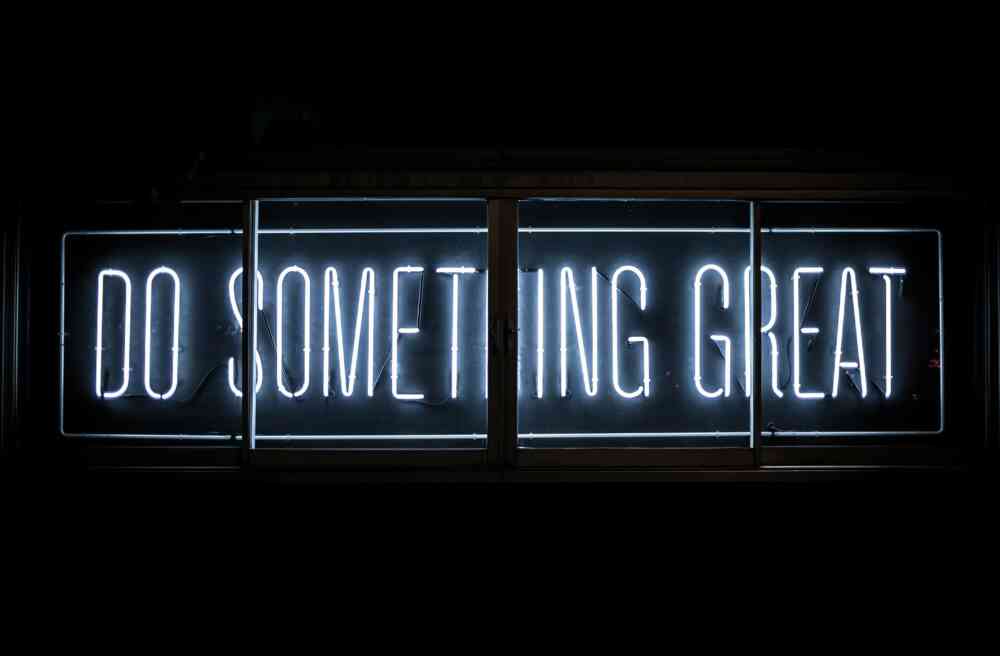 Why doing good is good for business
Why doing good is good for business -
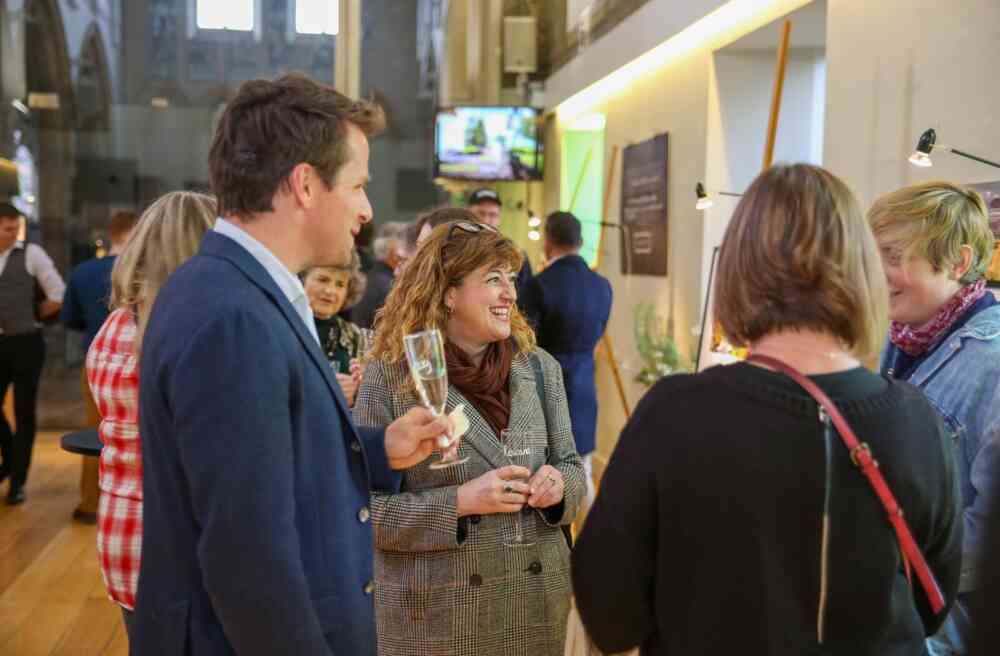 Cambridge artists showcase sustainability inspired art
Cambridge artists showcase sustainability inspired art -
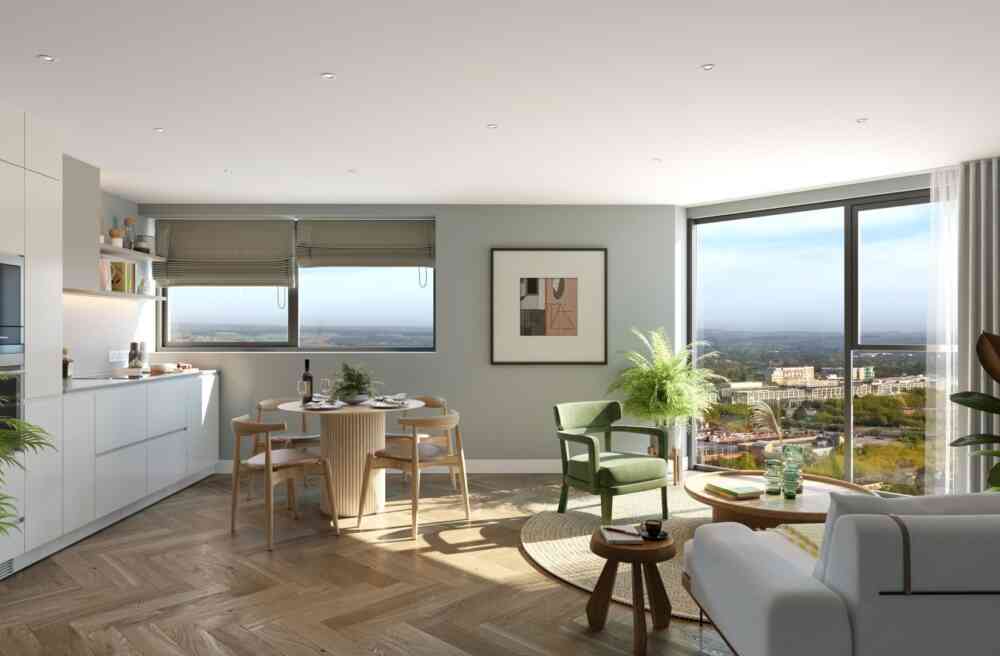 MK Gateway shortlisted in 2022 Planning Awards
MK Gateway shortlisted in 2022 Planning Awards -
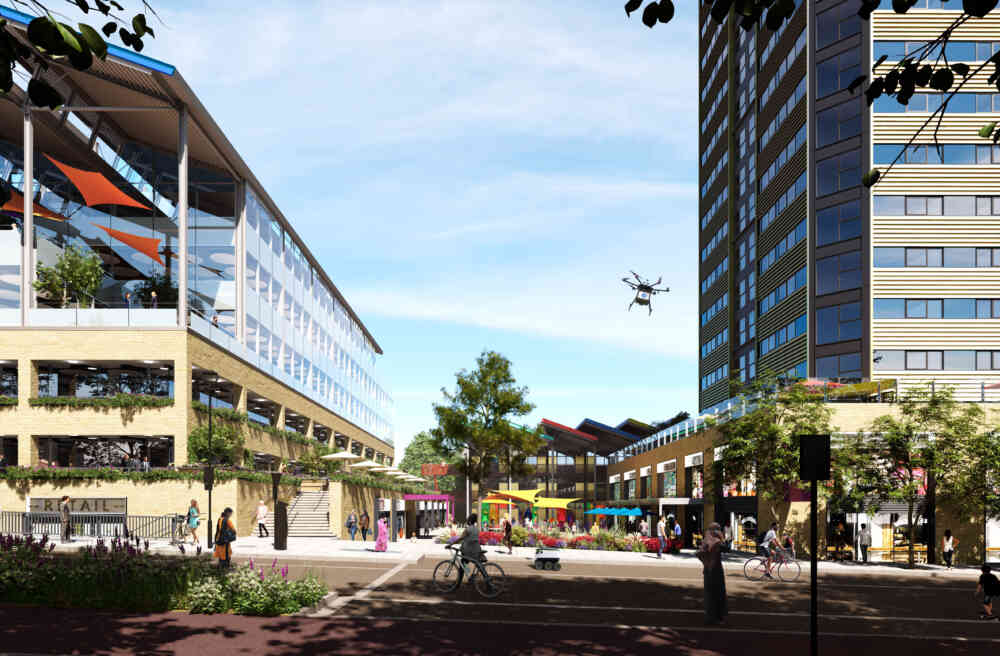 The only way is brownfield
The only way is brownfield -
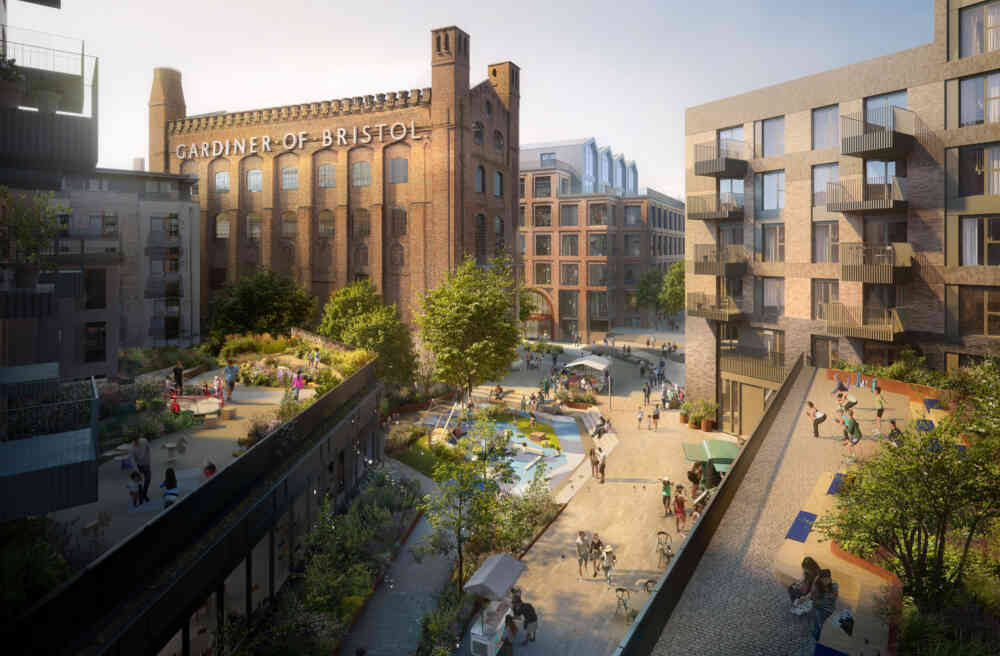 Barings joins Socius to take forward Soapworks
Barings joins Socius to take forward Soapworks -
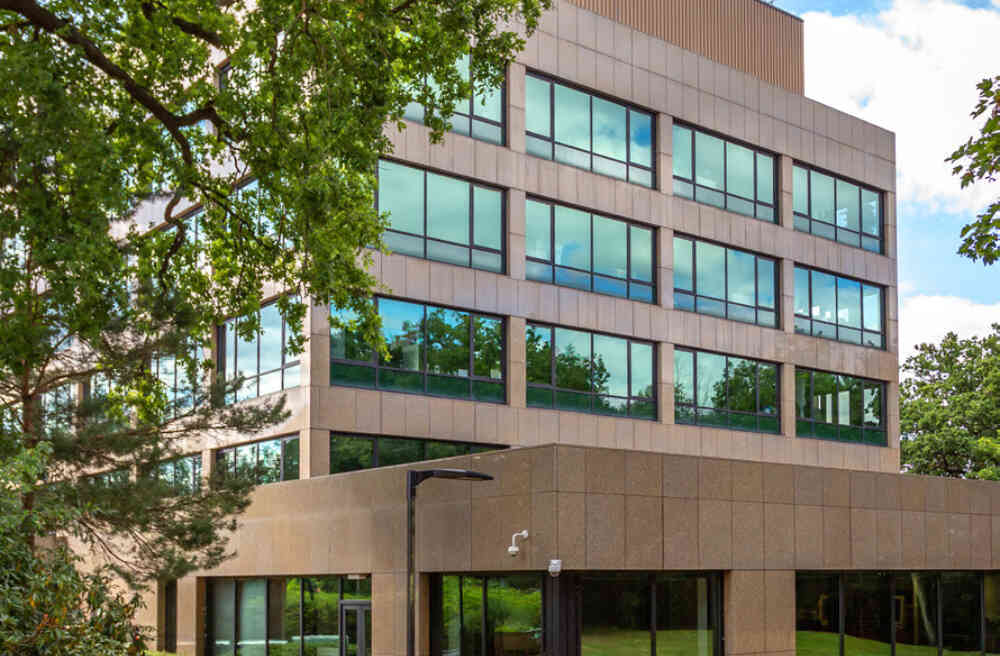 Socius takes the lead on 10 acre redevelopment in Brooklands, Surrey
Socius takes the lead on 10 acre redevelopment in Brooklands, Surrey -
 Socius' tech focused consultation featured in EG
Socius' tech focused consultation featured in EG -
 Barry Jessup debates the role of senior living in urban centres
Barry Jessup debates the role of senior living in urban centres -
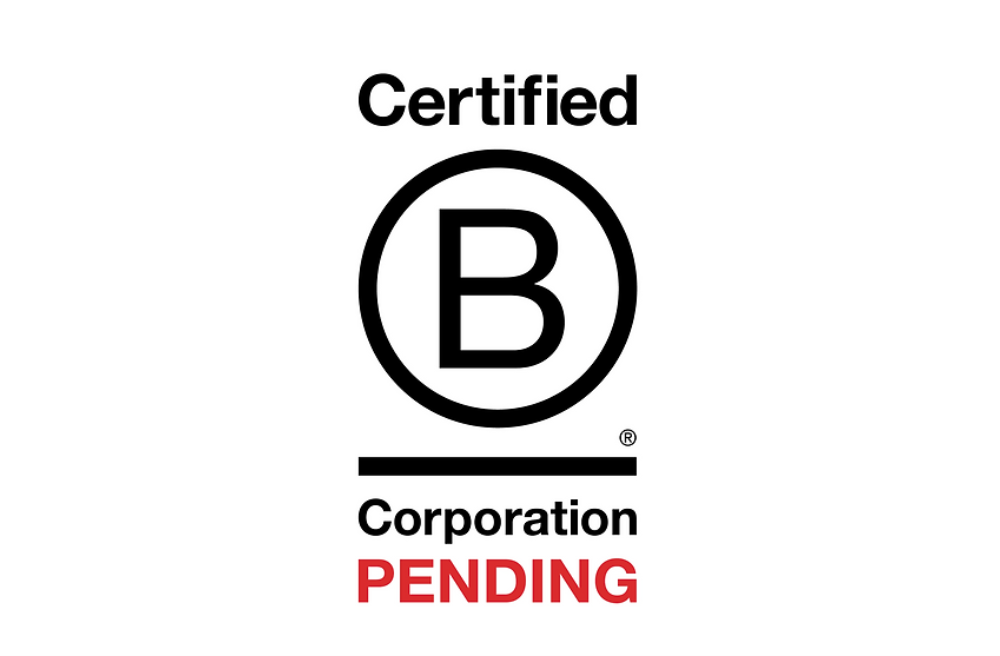 B-Corp month is here!
B-Corp month is here! -
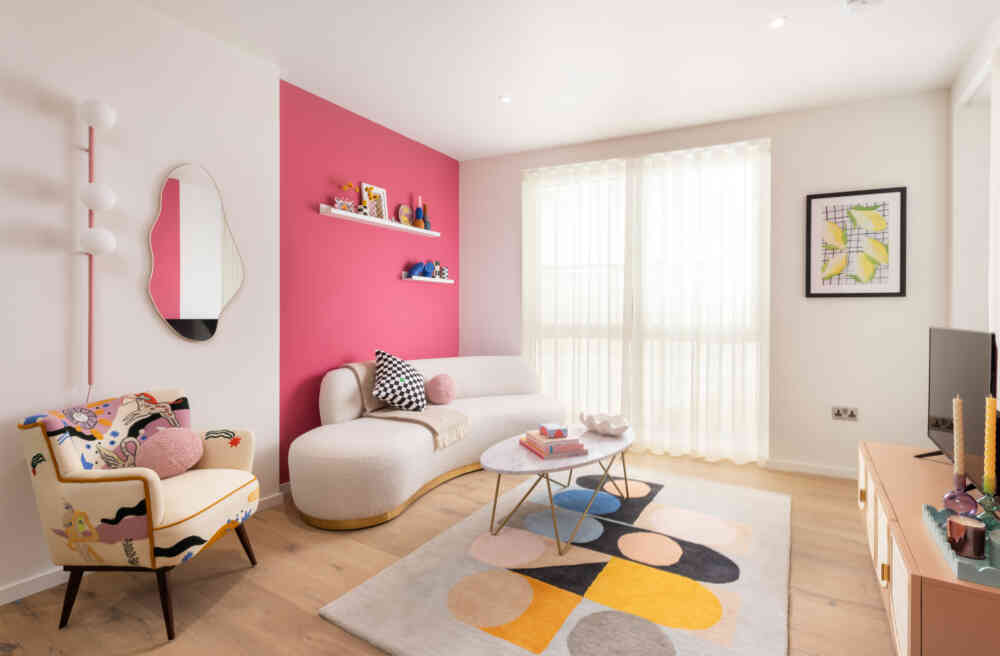 Buyers flock to launch of Edward Street Quarter homes
Buyers flock to launch of Edward Street Quarter homes -
 Genuine local engagement will be vital for the Oxford-Cambridge Arc
Genuine local engagement will be vital for the Oxford-Cambridge Arc -
 Live your best Brighton life at Edward Street Quarter
Live your best Brighton life at Edward Street Quarter -
 Olaide Oboh debates the future of cars with BisNow
Olaide Oboh debates the future of cars with BisNow -
 First sunset shots taken from Edward Street Quarter
First sunset shots taken from Edward Street Quarter -
 MK Gateway sets a new standard for BTR
MK Gateway sets a new standard for BTR -
 Doug Higgins discusses 'The New Sustainable Retail Experience'
Doug Higgins discusses 'The New Sustainable Retail Experience' -
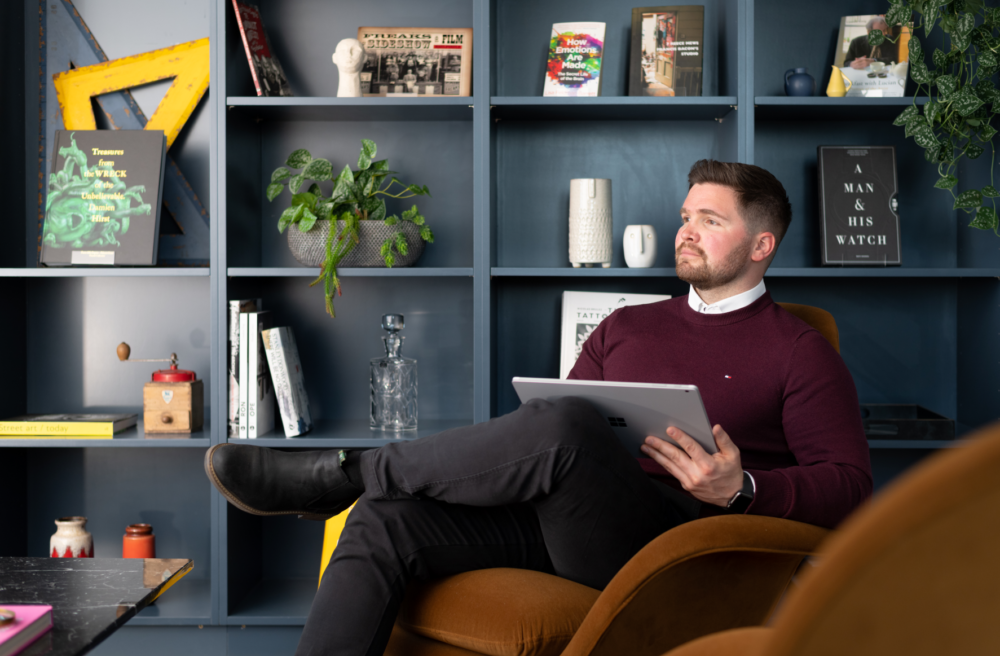 Socius welcomes Luke Martin to Bristol office
Socius welcomes Luke Martin to Bristol office -
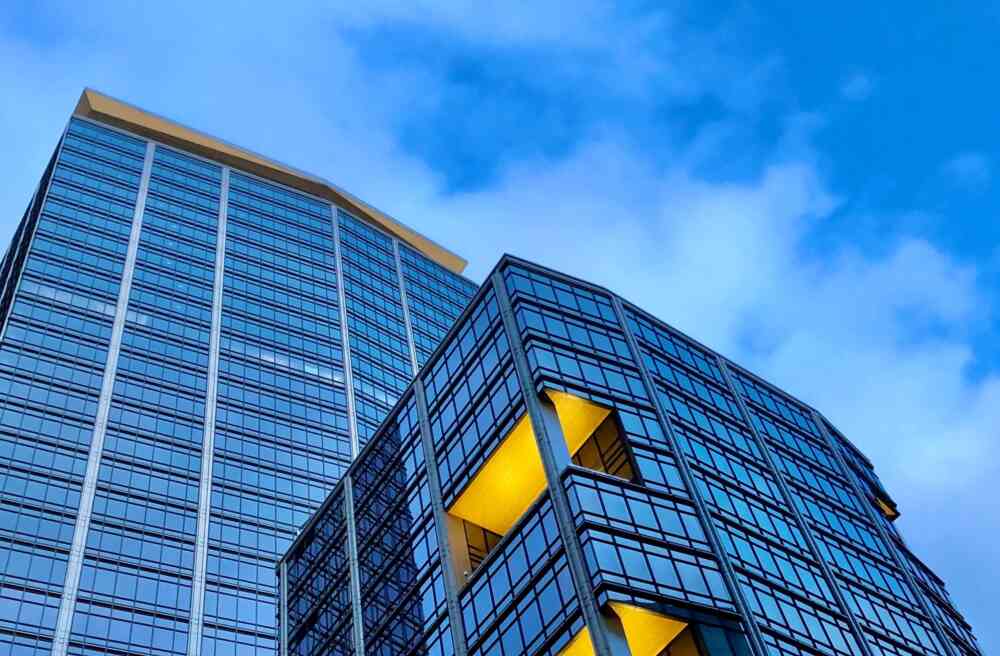 Barry Jessup discusses the future of the office in Property Week
Barry Jessup discusses the future of the office in Property Week -
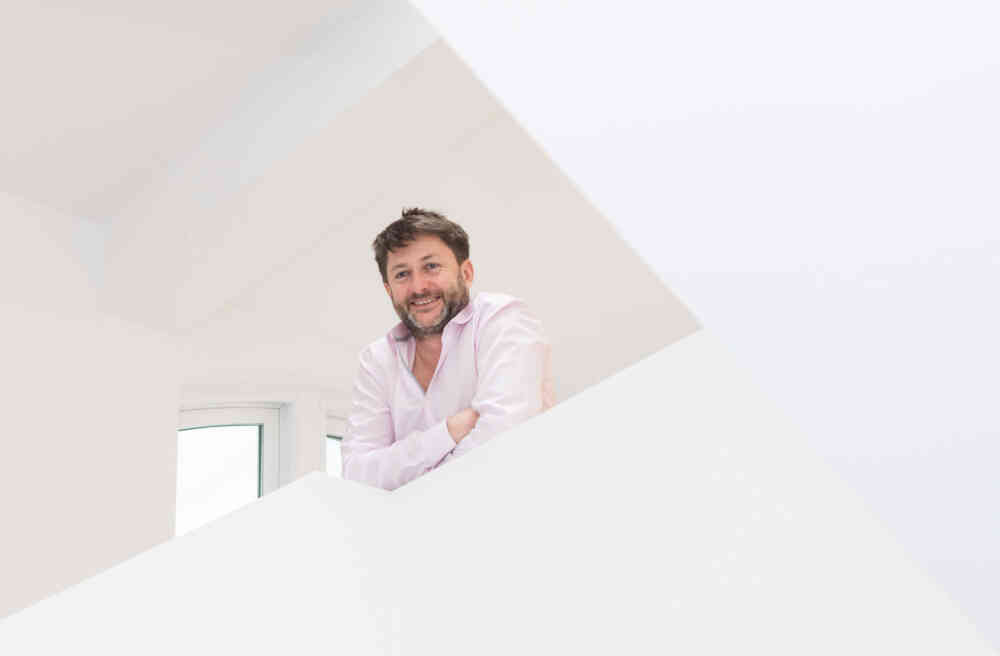 Our predictions for 2022 - ‘what’s in store’ and ‘what to look out for’
Our predictions for 2022 - ‘what’s in store’ and ‘what to look out for’ -
 Olaide Oboh makes the Estates Gazette Most Influential list
Olaide Oboh makes the Estates Gazette Most Influential list -
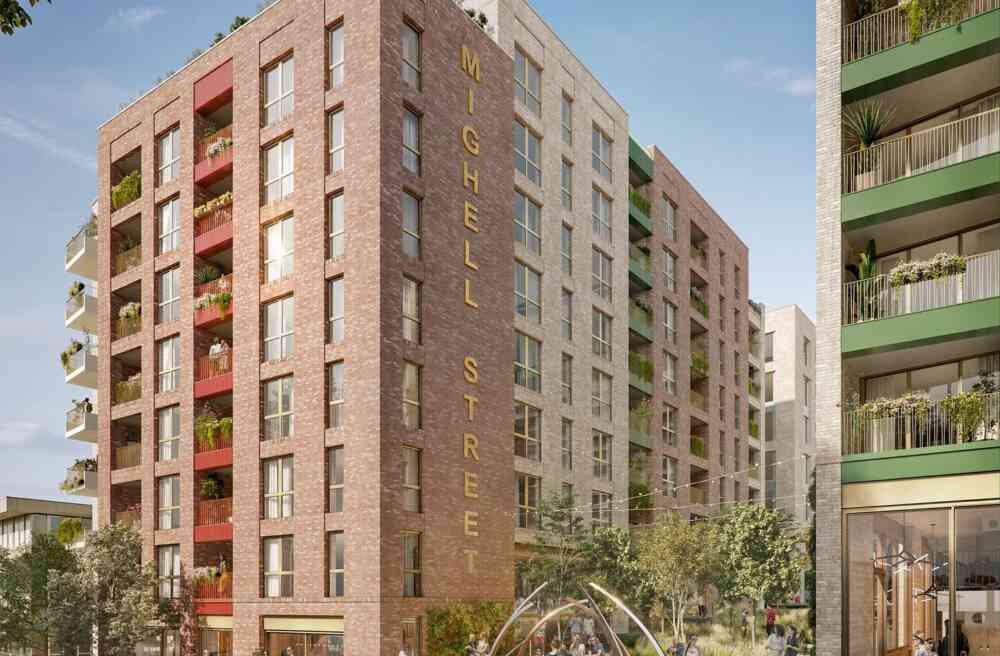 Ship’s hull inspires art installation at Edward Street Quarter
Ship’s hull inspires art installation at Edward Street Quarter -
 Welcome 2022!
Welcome 2022! -
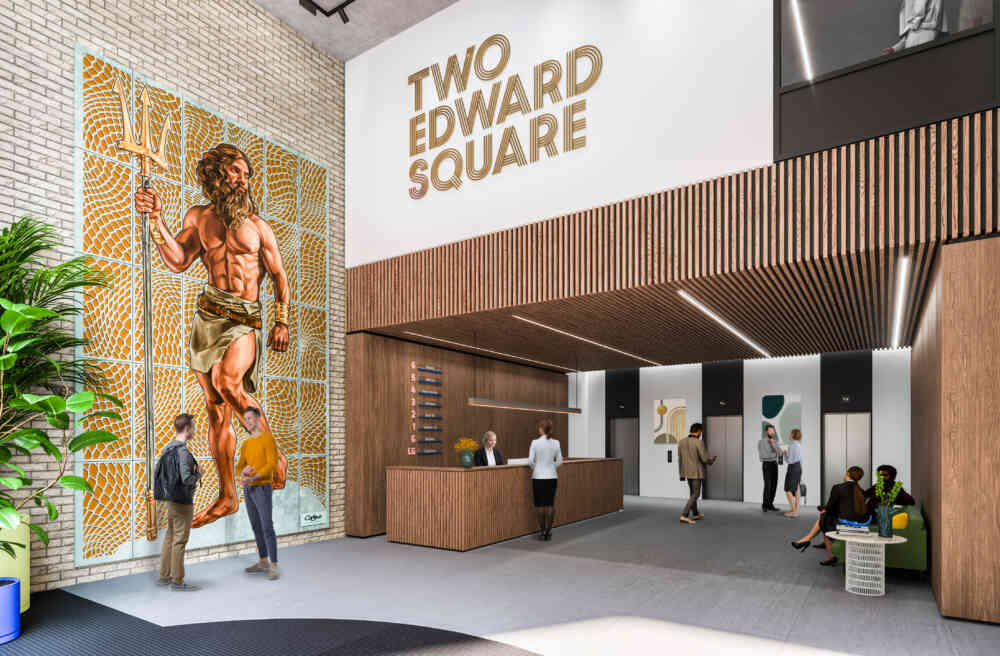 Our proudest moments in Brighton in 2021
Our proudest moments in Brighton in 2021 -
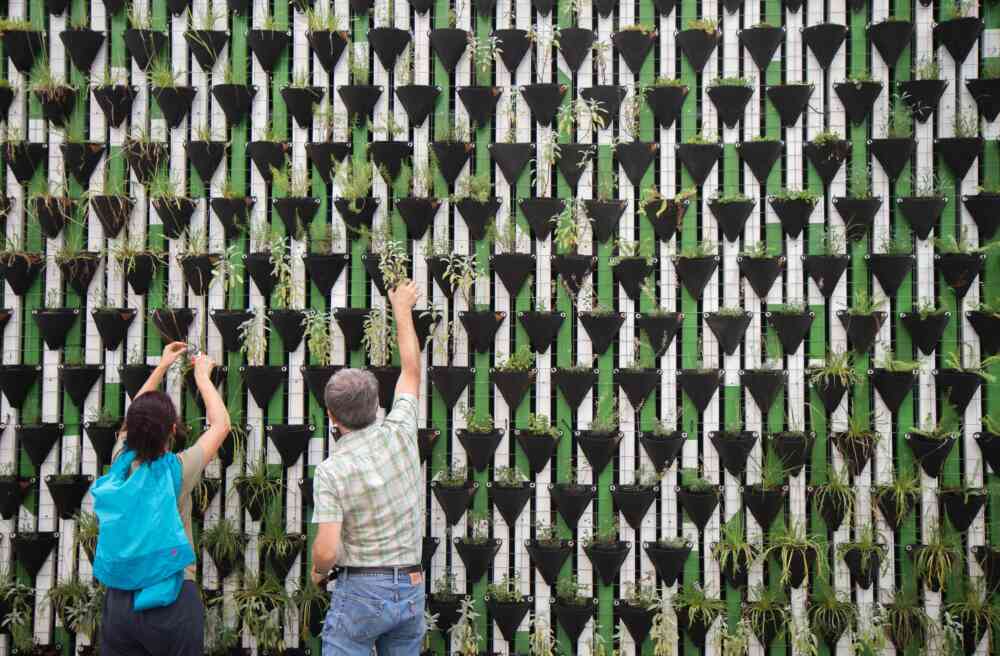 Join Bristol businesses and commit to net zero by 2030
Join Bristol businesses and commit to net zero by 2030 -
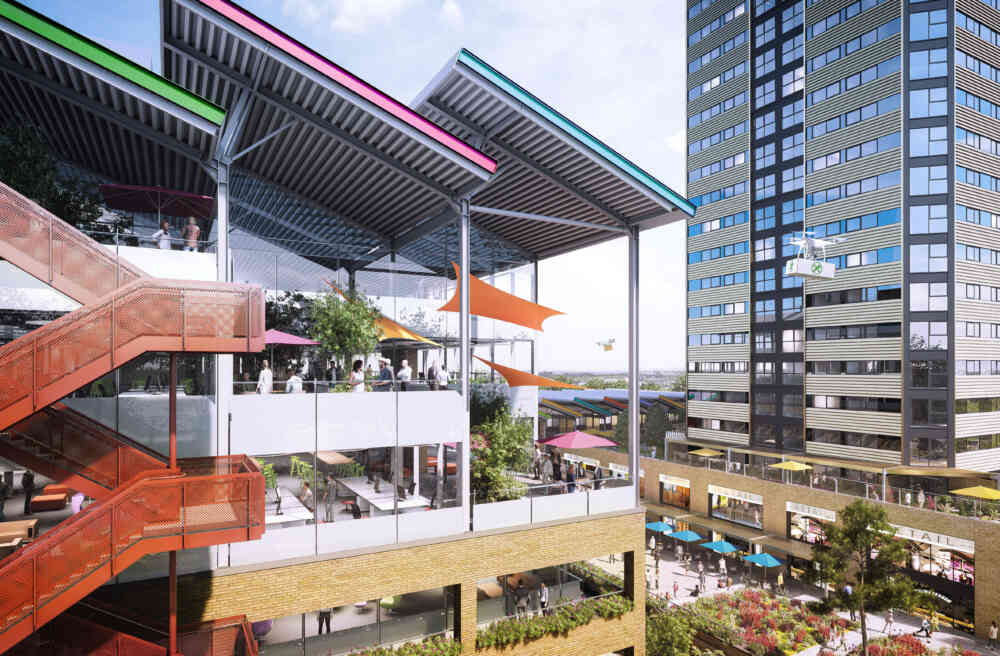 Socius and Patron comment on £180m MK Gateway planning
Socius and Patron comment on £180m MK Gateway planning -
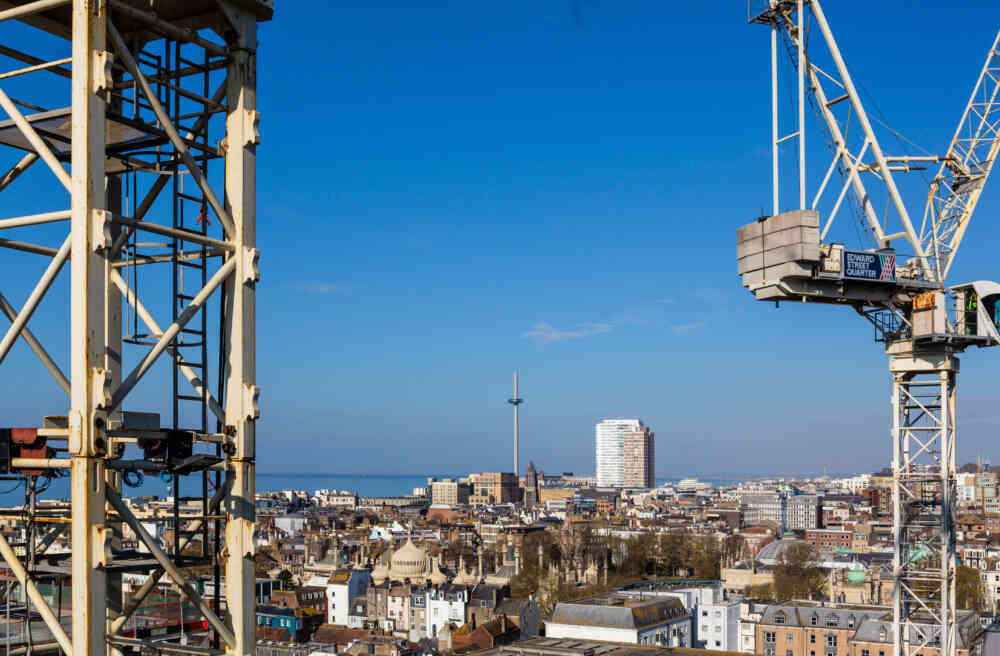 Construction progress at Edward Street Quarter
Construction progress at Edward Street Quarter -
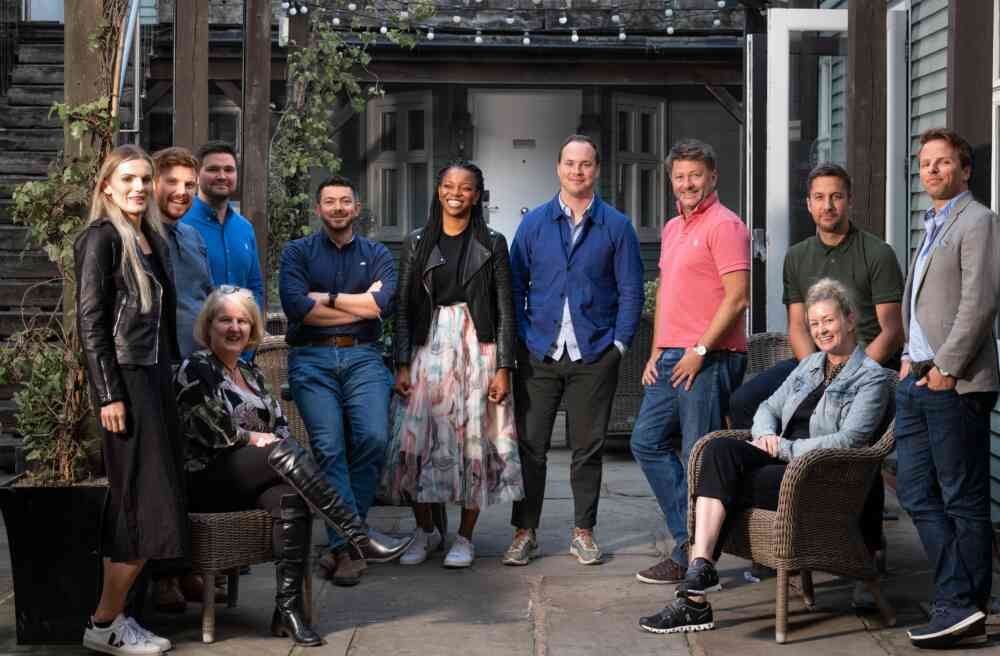 Introducing Socius Development Limited
Introducing Socius Development Limited -
 Formal Announcement about Socius
Formal Announcement about Socius